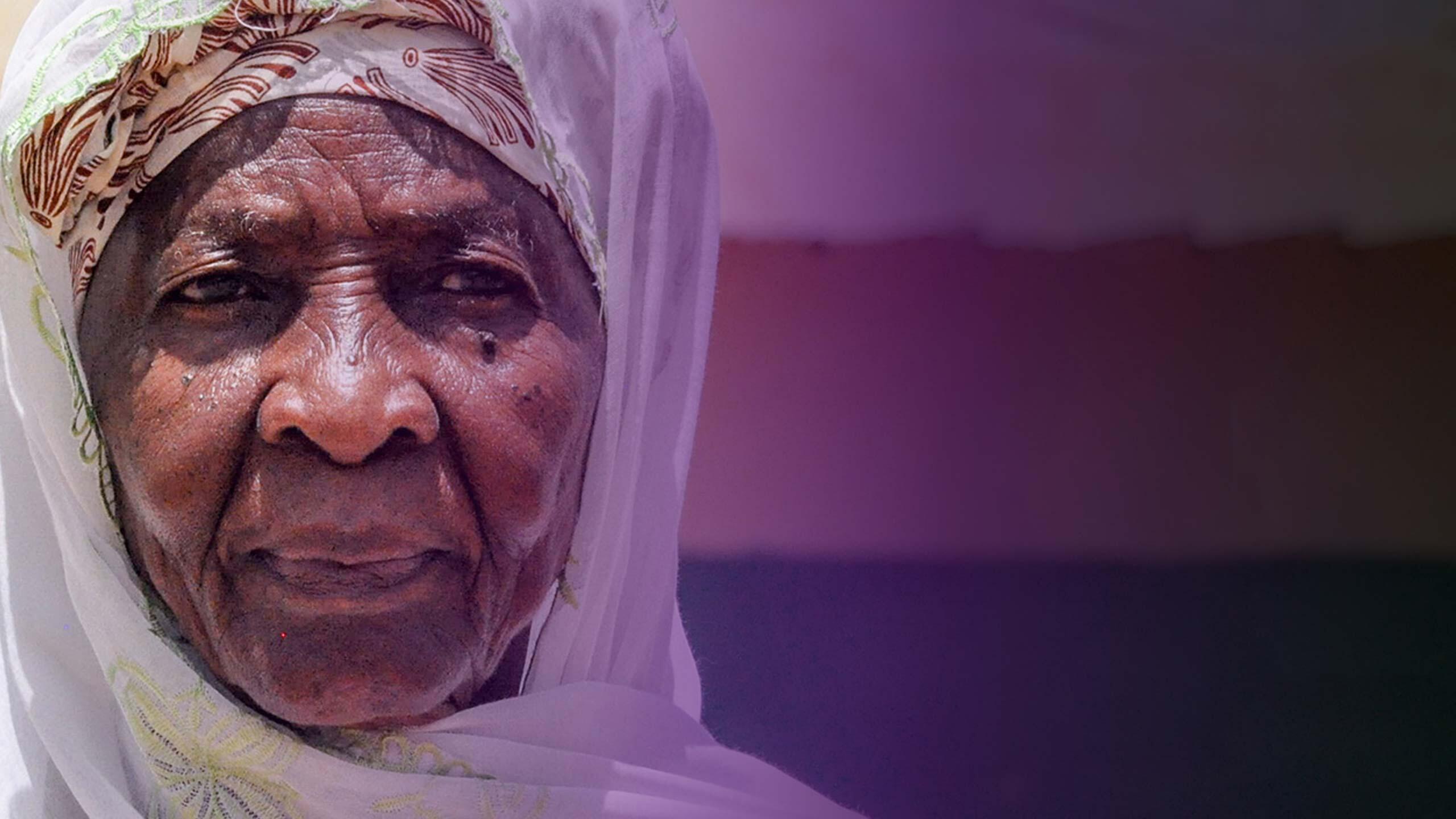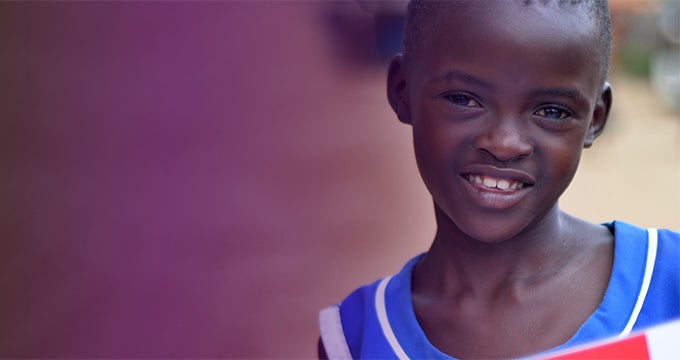
Reportage photo
Sixteen voices for change
Sixteen voices for change
Sixteen voices for change
25 nov 2016
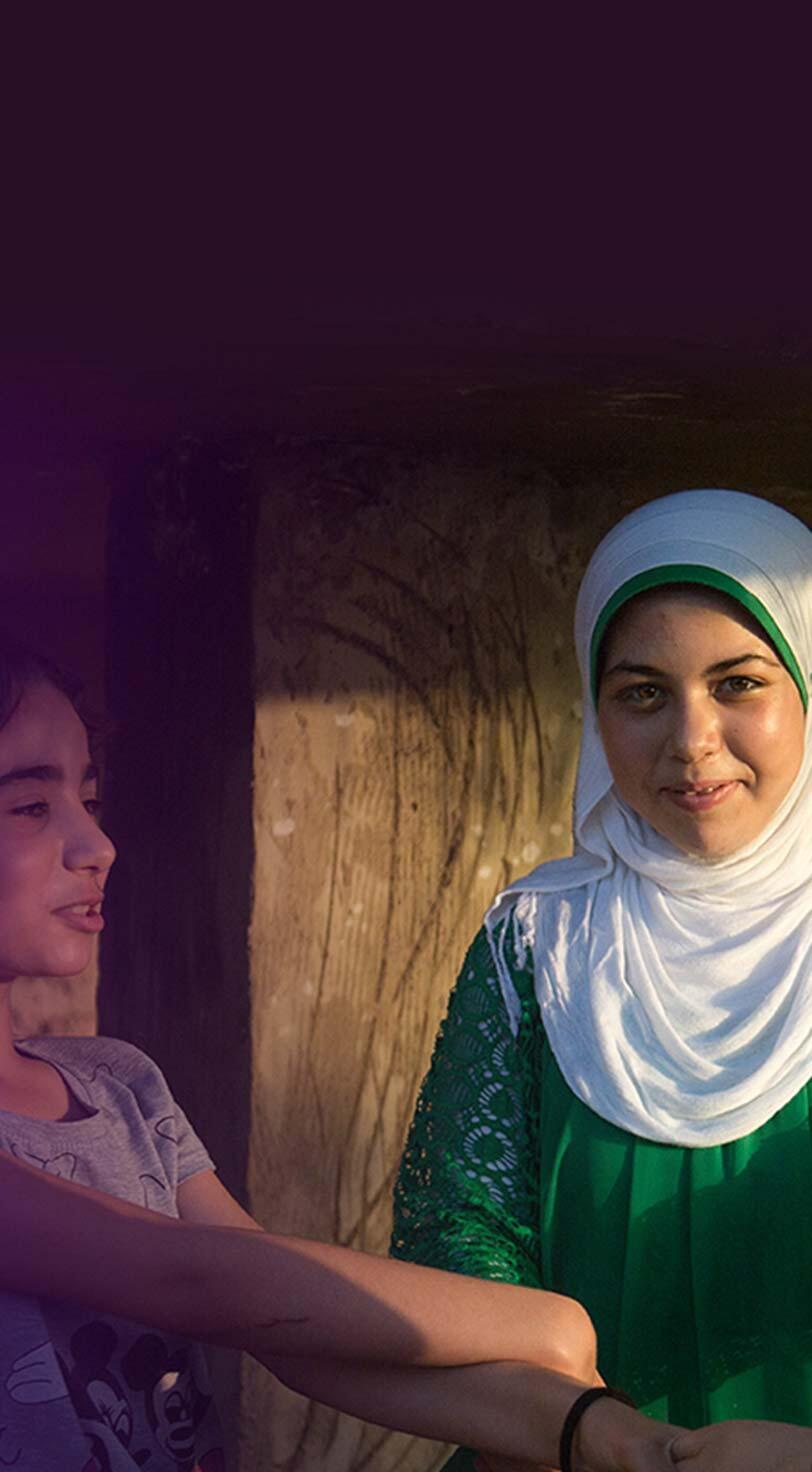
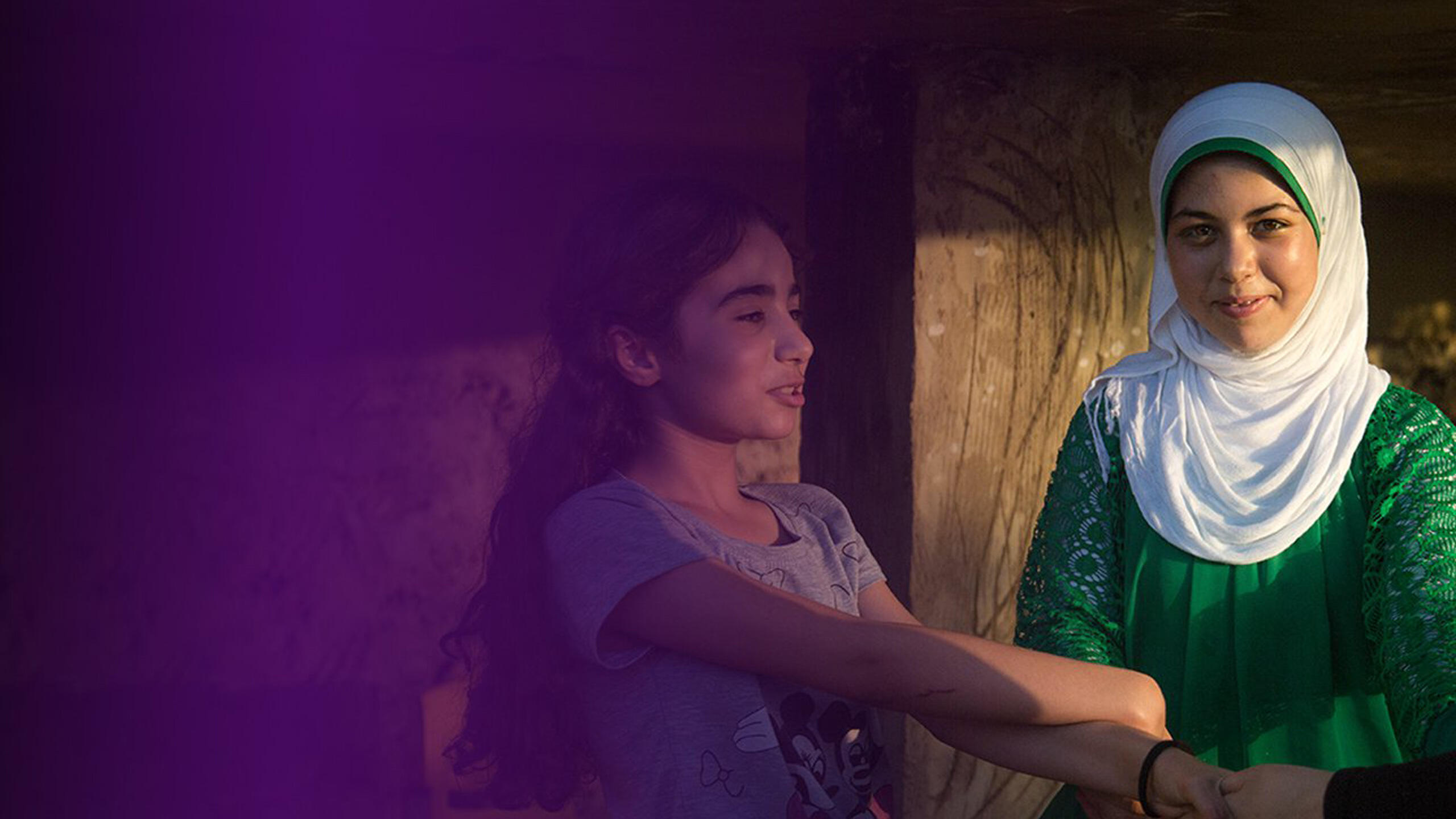
Gender-based violence is one of the most prevalent human rights abuses on earth.
It's time to reverse the trend.
From 25 November to 10 December, the world observes the 16 Days of Activism against Gender-based Violence. In commemoration, UNFPA is celebrating 16 heroes who are calling for change.
© UNFPA Lebanon/Sima Diab
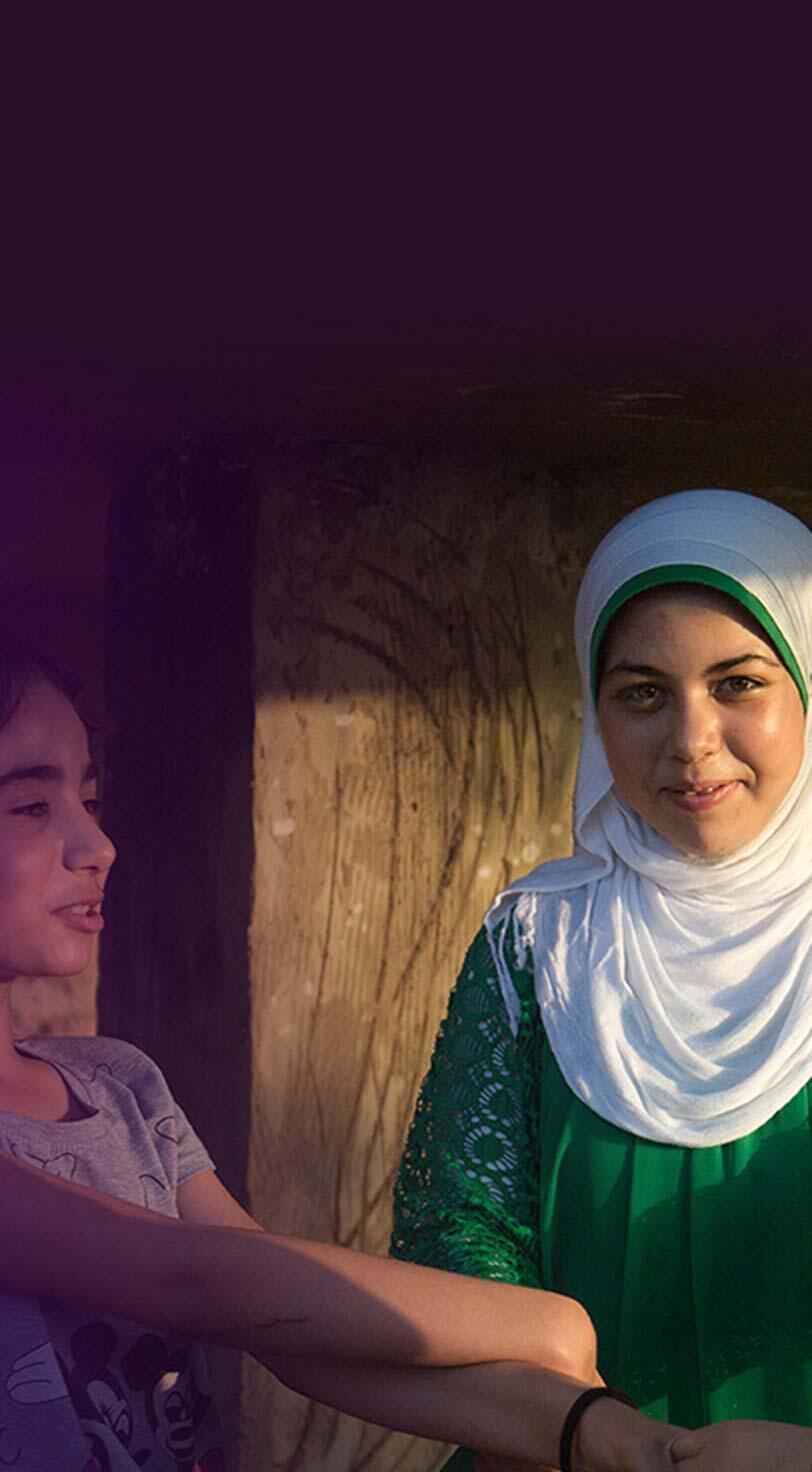
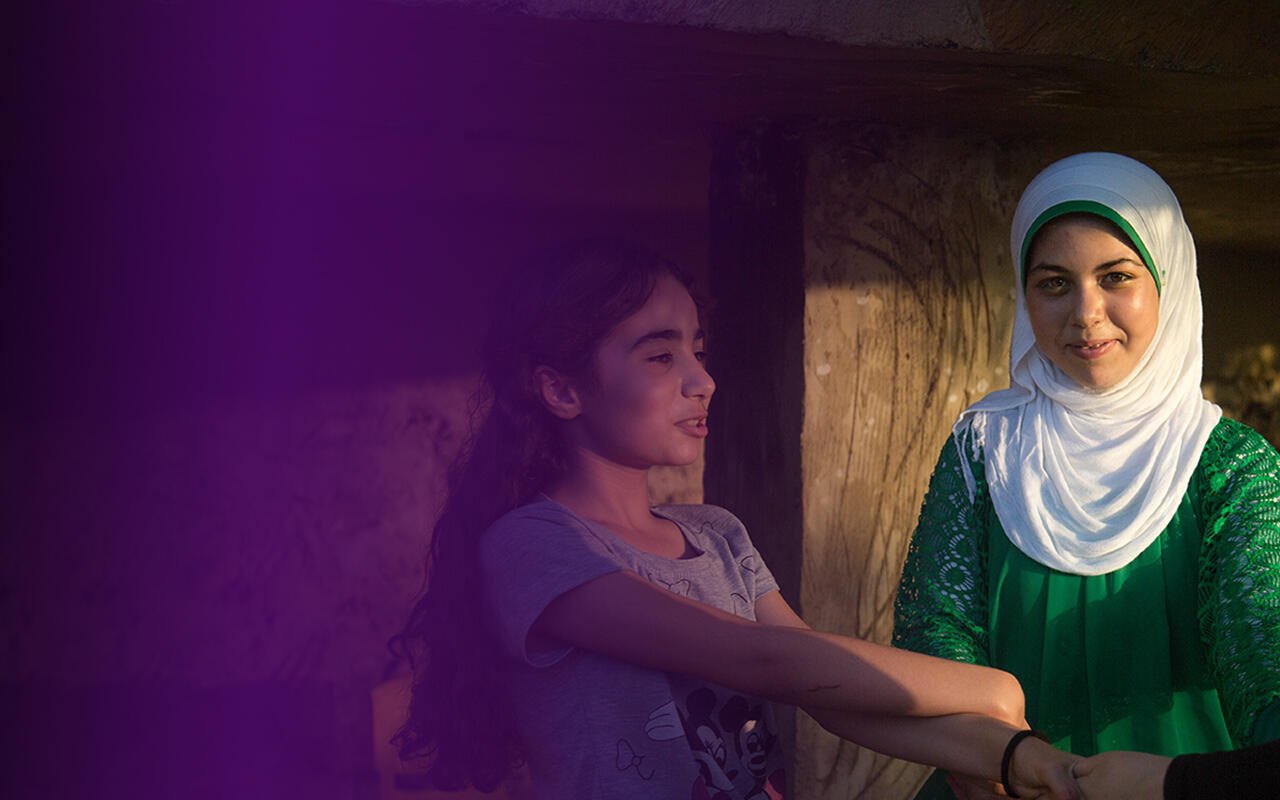
1
Globally, one in three women experience sexual or intimate partner violence.
As the head of a mobile outreach team in Ukraine, Maryna Kononeko provides psychosocial care to survivors of violence. She also helps them receive medical treatment and legal services. “Often the main problem is silence. Those women don't tell anyone about the violence they suffer from.”
© UNFPA Ukraine/Maks Levin

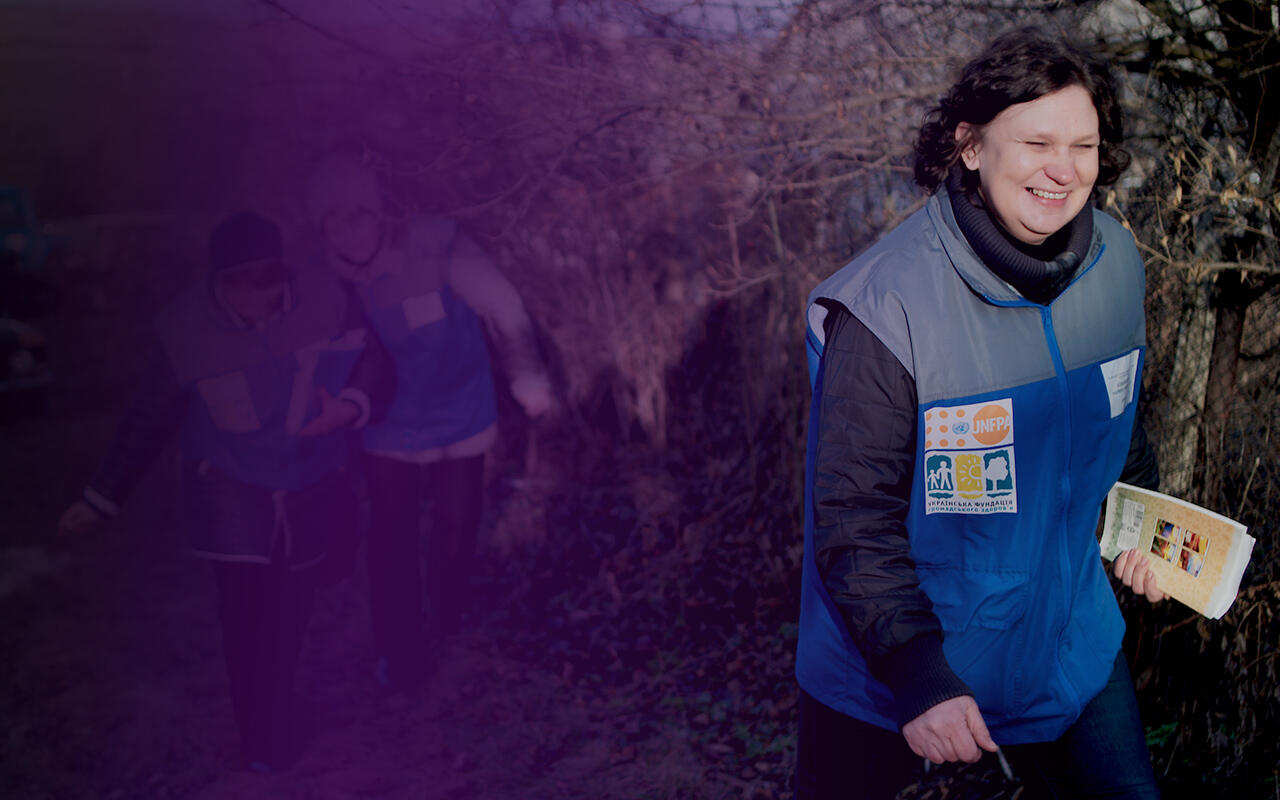
2
Abuse can also take the form of harmful traditions, such as child marriage and female genital mutilation (FGM).
Fatuma, in Ethiopia, is a survivor of both. Today, she is part of a UNFPA-supported girls’ programme that advocates against these damaging practices. “I will continue to teach my community to spare their daughters this ordeal,” she said.
© UNFPA/Abraham Gelaw
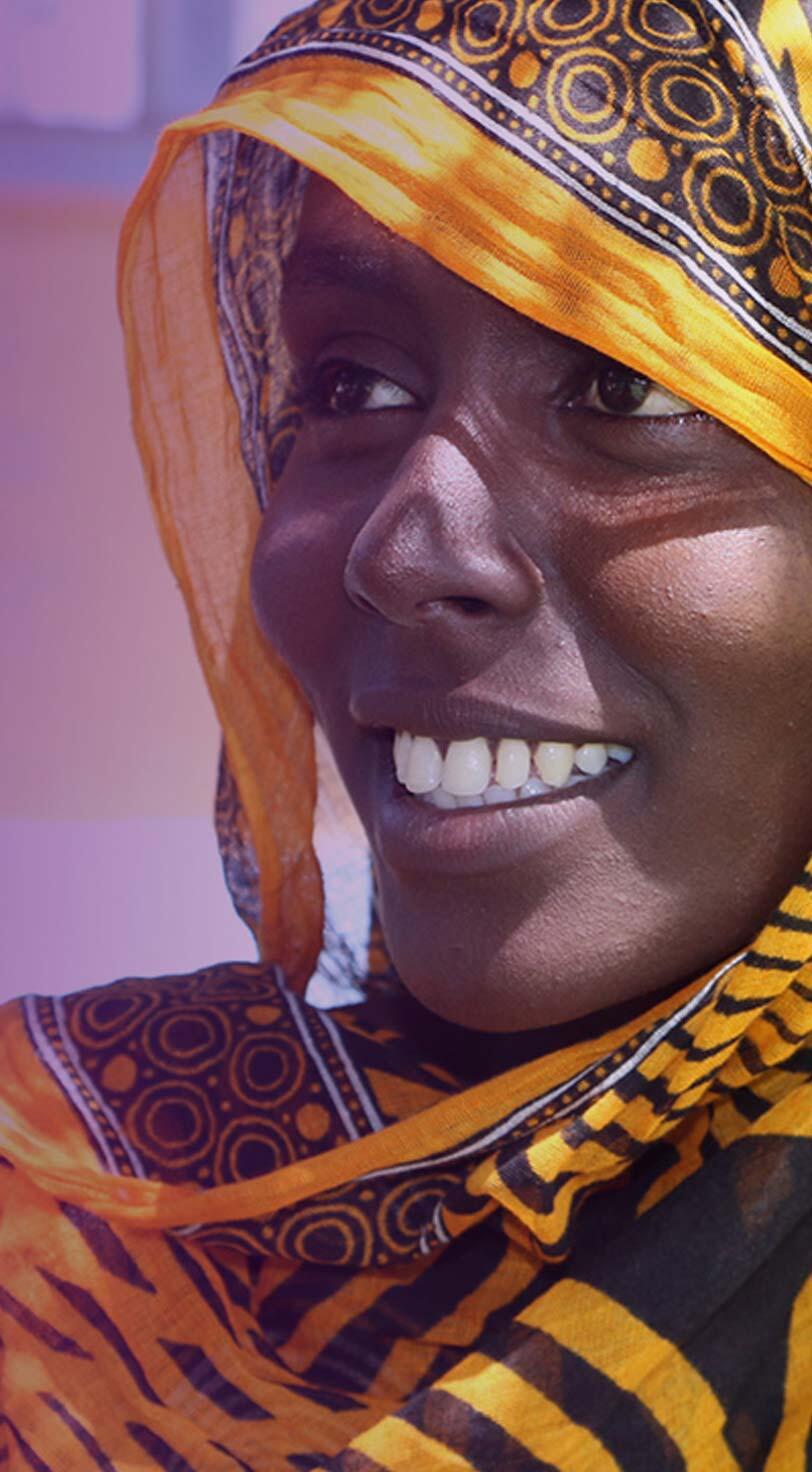
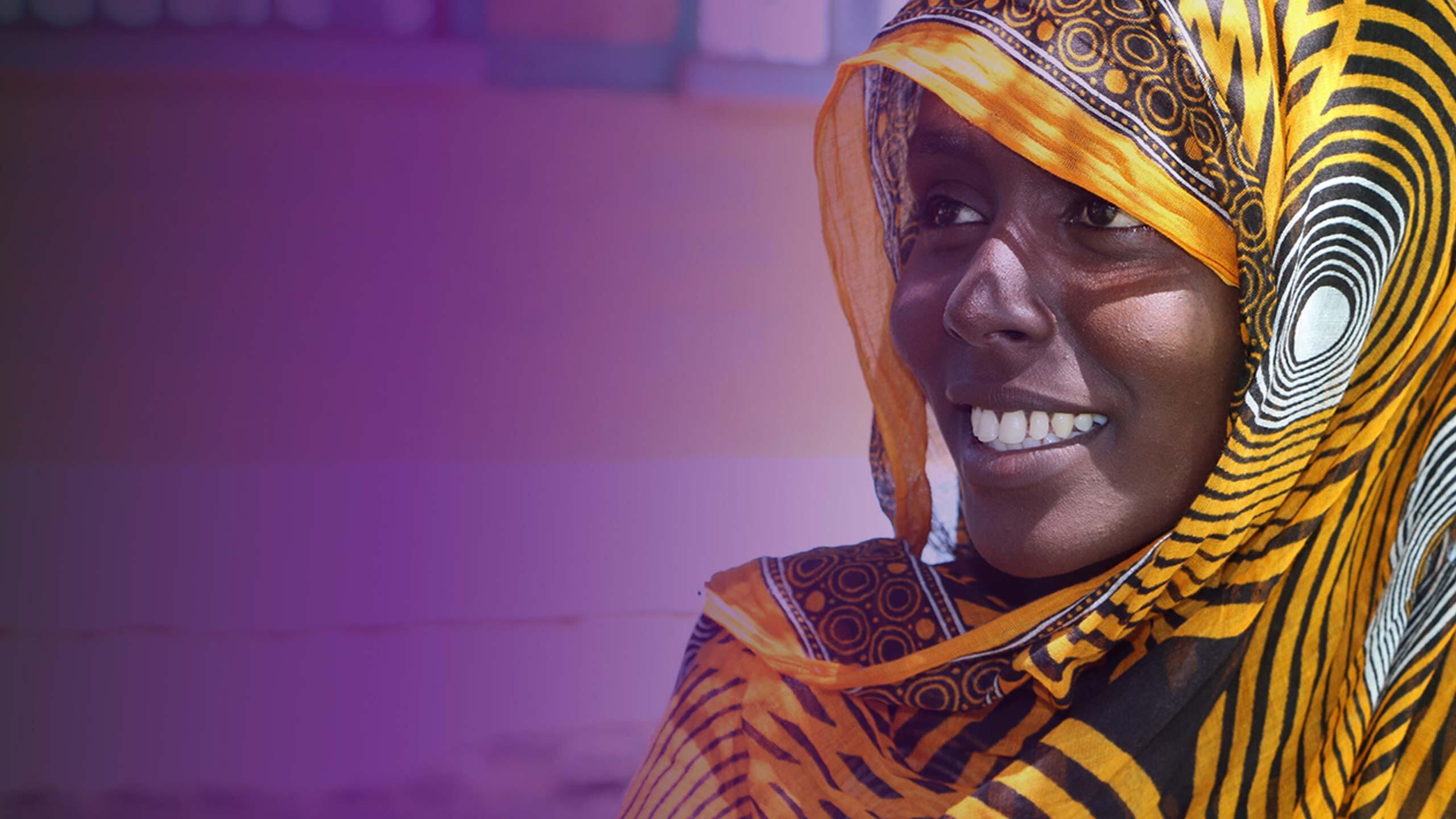
3
Women like Talaigul Isakunova are making change at the highest levels.
Ms. Isakunova is helping to revise Kyrgyzstan’s domestic violence law. Currently under review, the law will bring protections in line with international standards. “Victims of violence do not care who will help her. What is most important is to make her feel secure,” she said.
© UNFPA Kyrgyzstan
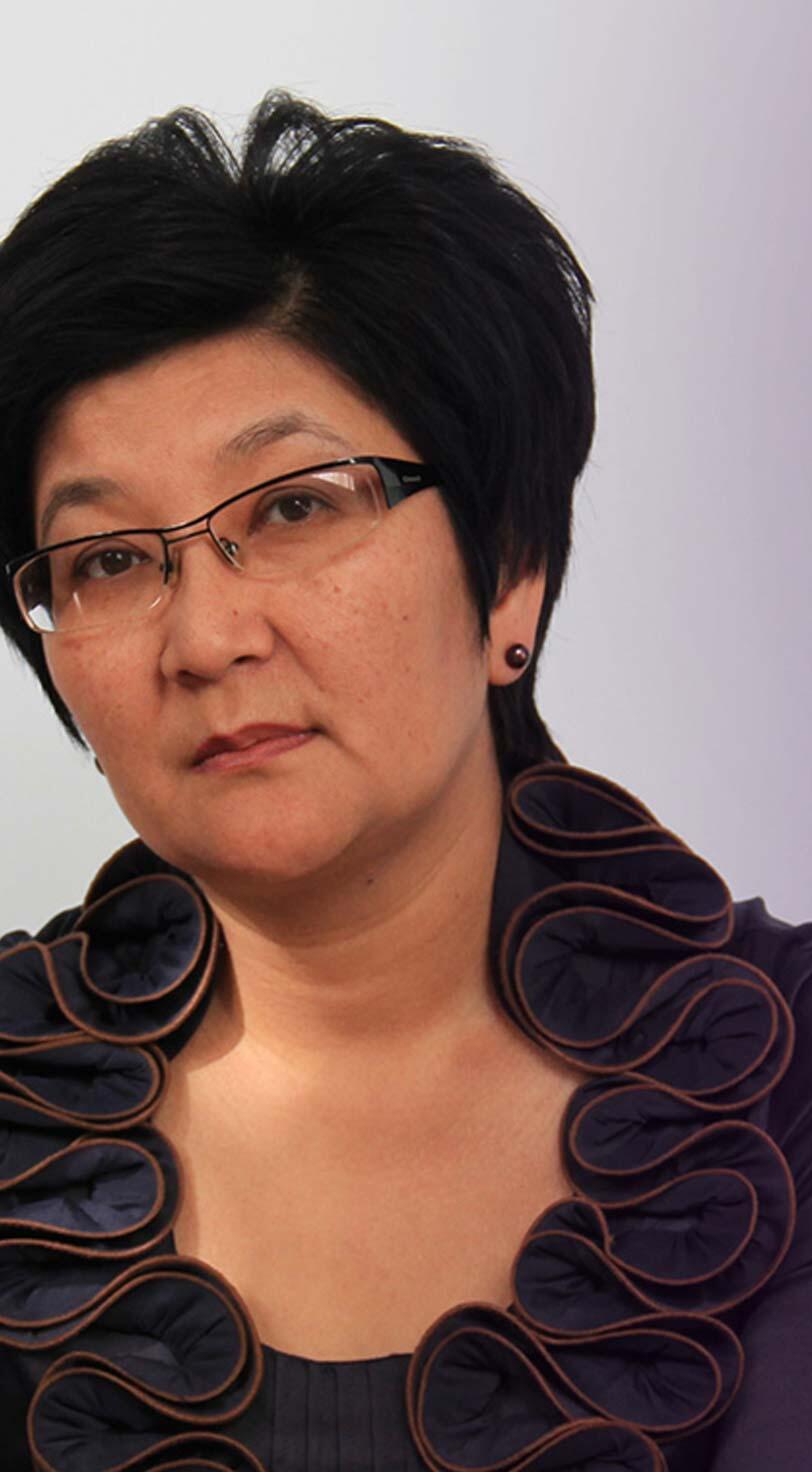
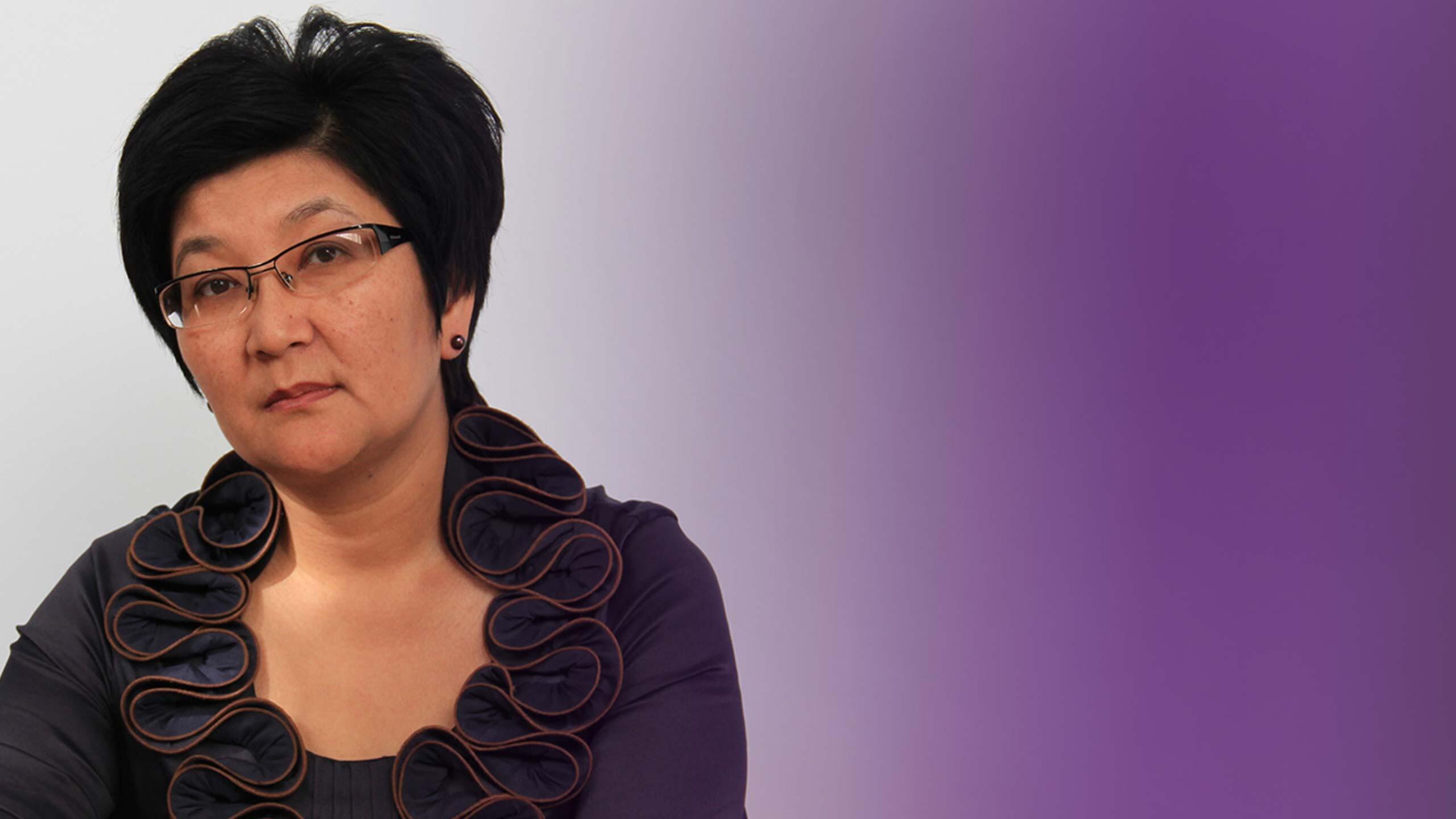
4
And women like Cecilia are banding together to survive in the most brutal situations.
"I was seven months pregnant when I and my three young children fled our village during the fighting,” said Cecilia, in South Sudan. “I was tired, very tired, but just kept walking until we were safe." At a UNFPA-supported safe space, she and other women work together to develop livelihood skills, build confidence and assist survivors of violence.
© UNFPA/Arlene Alano
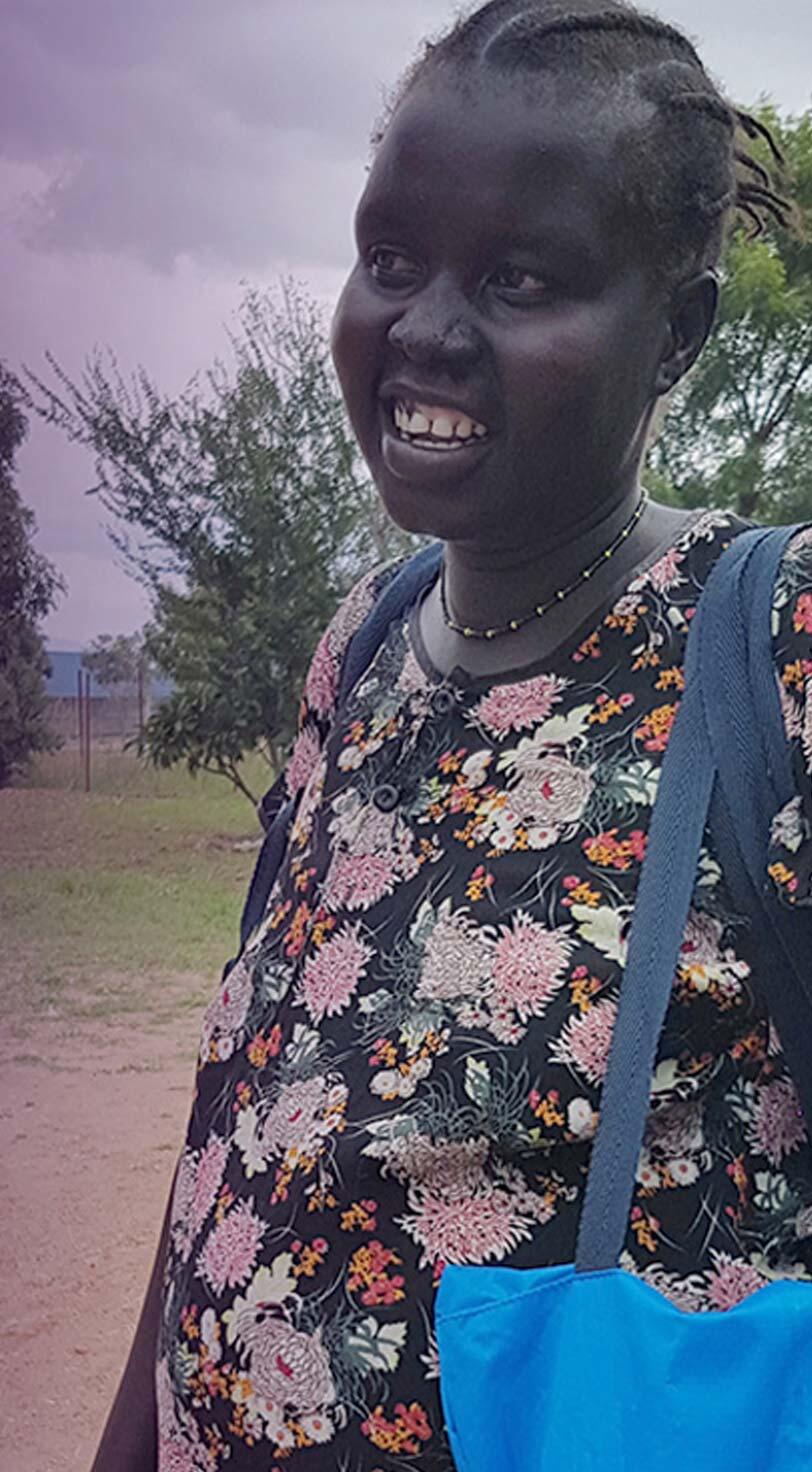
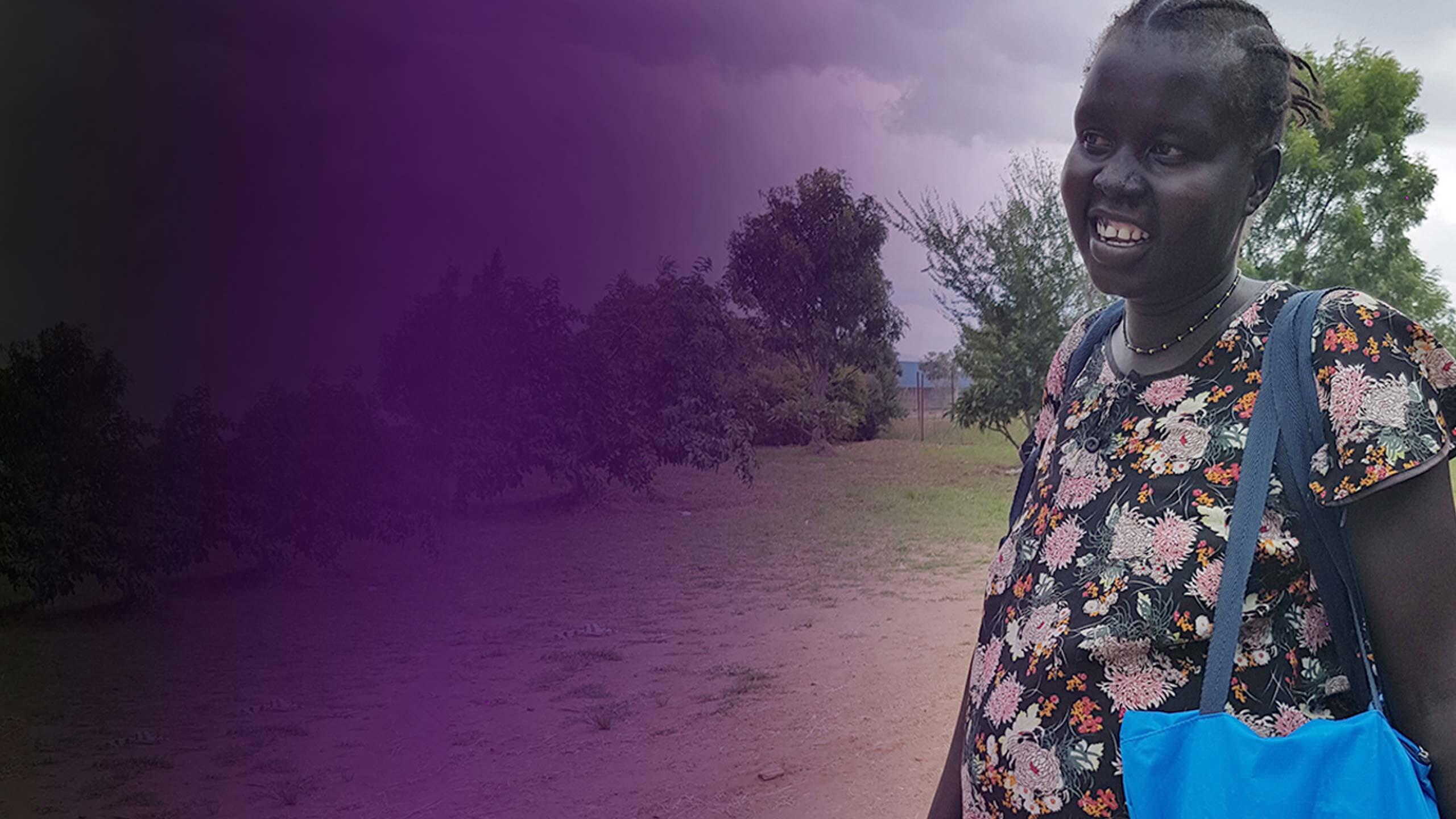
5
“I want gender equality.”
Sometimes, even hope can require an act of courage. Ten-year-old Mary Goret Aleper, from Uganda, dares to dream of a different future, where all girls are as valued and supported as boys.
© UNFPA Uganda/Mathias Mugisha

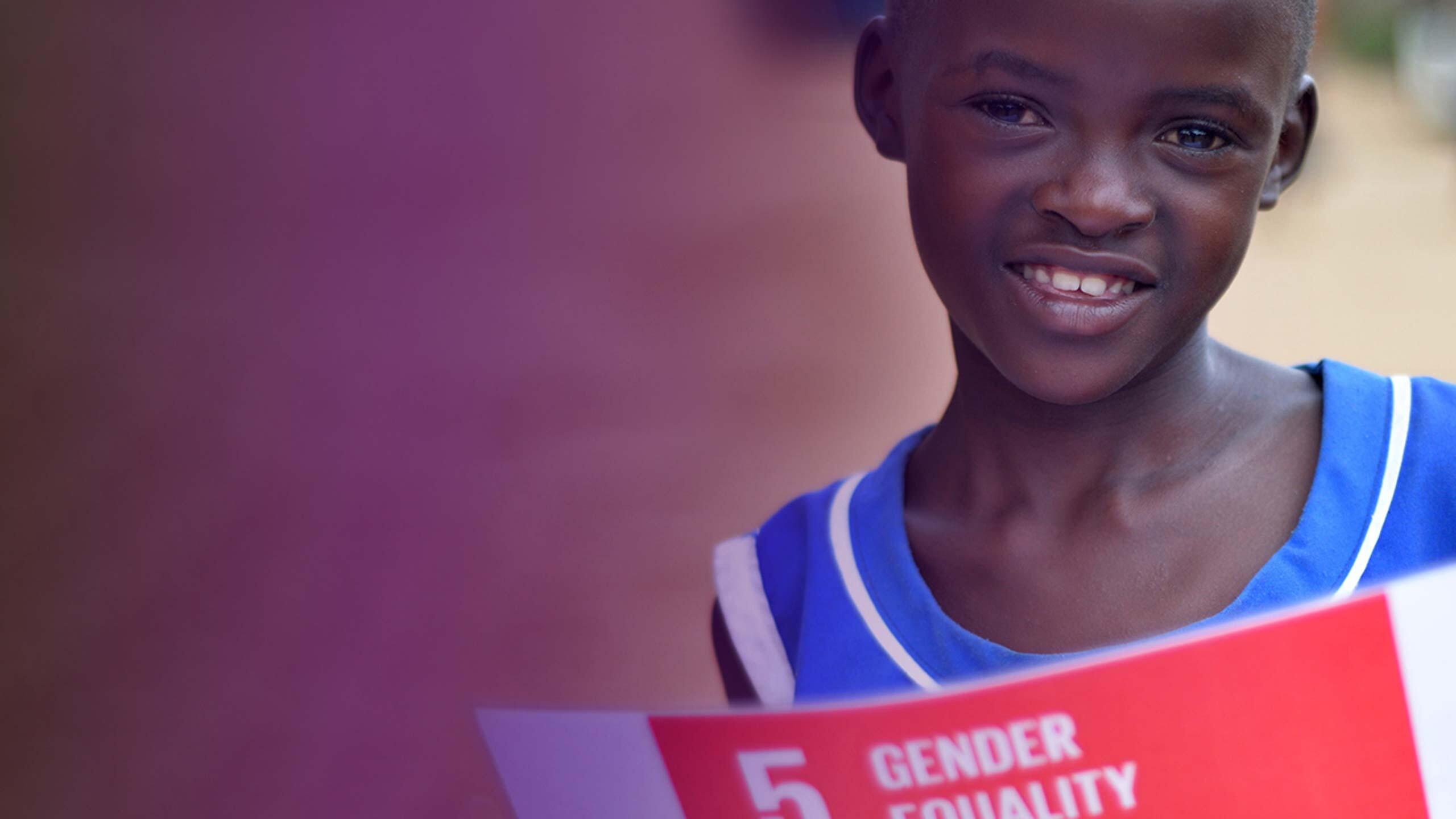
6
Men, too, are champions of change: "I’m proud to be a man who stands up against domestic violence."
In a displacement camp in Myanmar, Aung Htwe received training on how to stop abuses. "I know what to do when I hear or see a man beating his wife in the camp. I know how to approach him and how to involve our community leaders.”
© UNFPA/Yenny Gamming
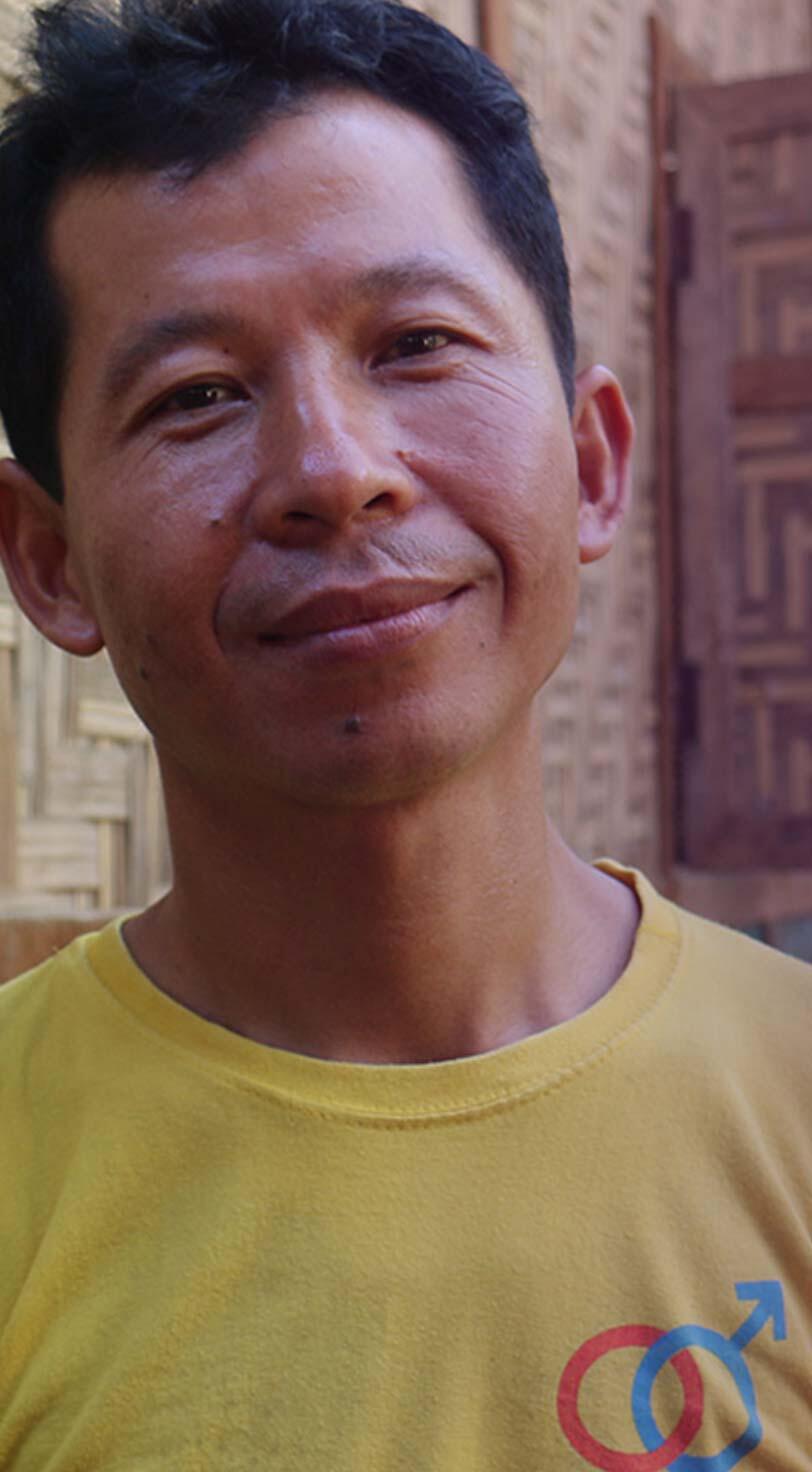
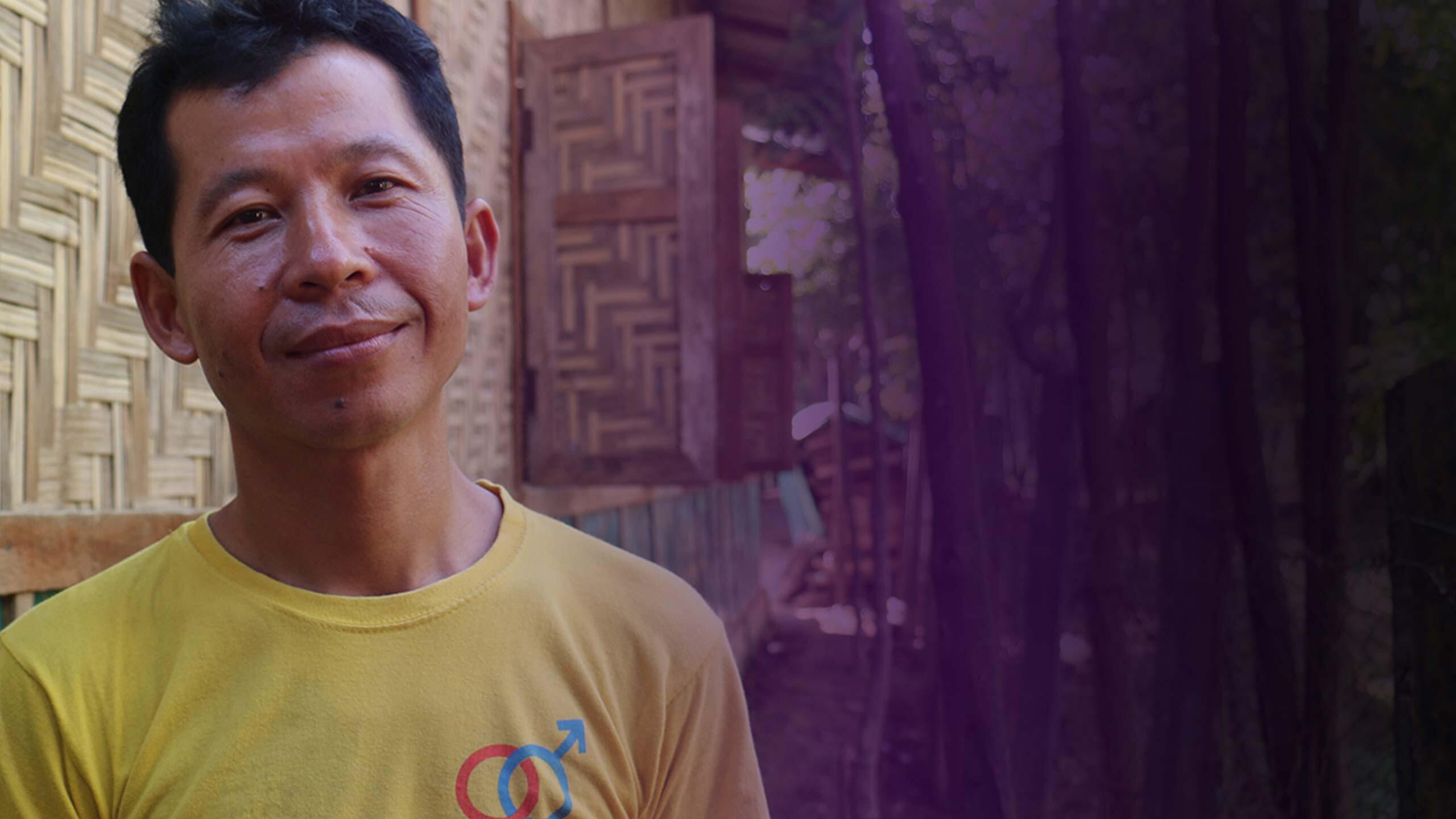
7
“Why yuh turn around from sweet to bitter? / Why yuh turn around beating a woman? / Why yuh turn around instigating violence?”
Zambian musician B Flow uses his art to call for an end to violence against women. His third album, Voiceless Woman, was honored at the Zambian Music Awards.
Courtesy of Fortress Media Photography

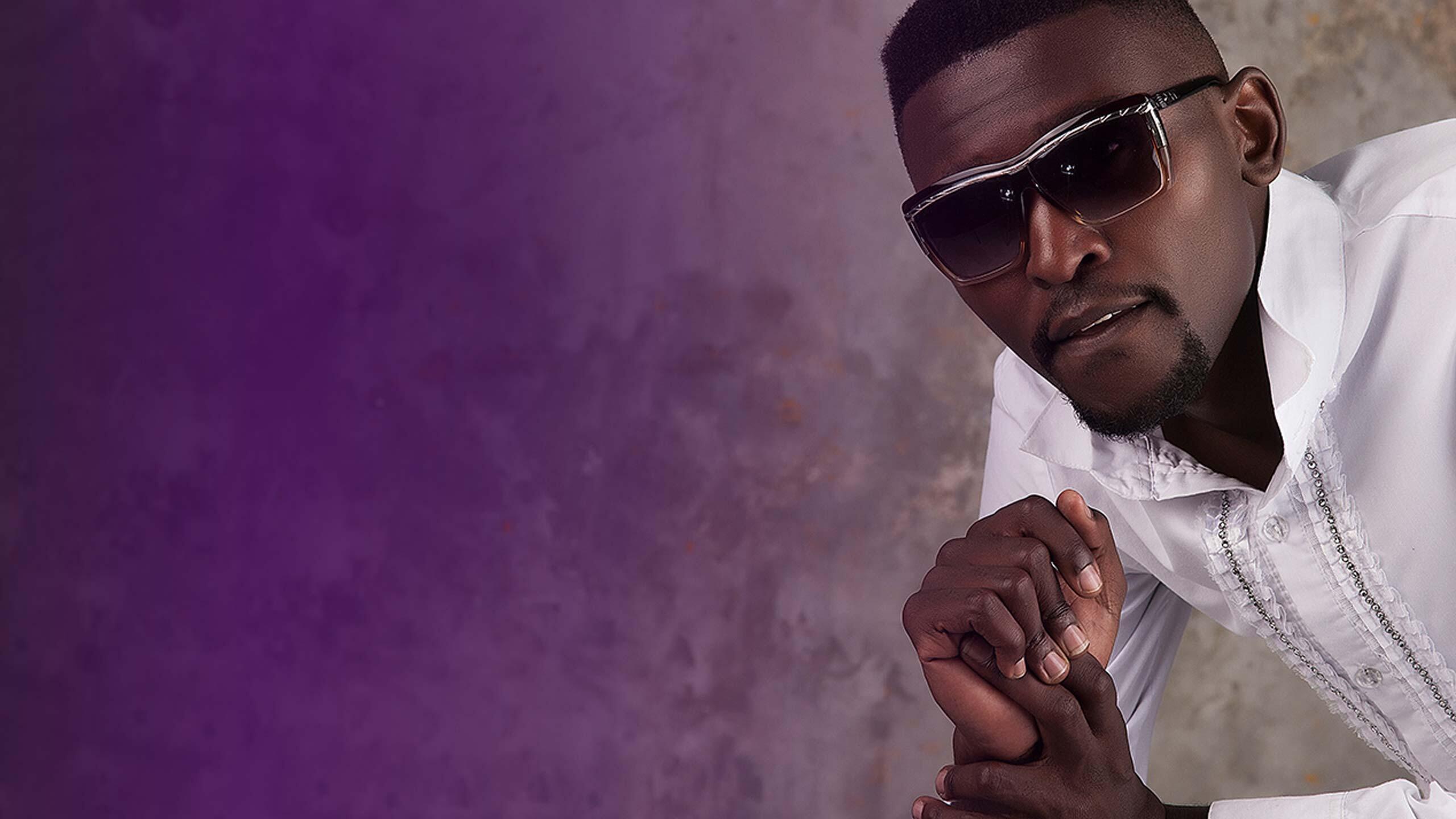
8
“Raising awareness about human rights, and especially gender-based violence, is a huge part of what I do.”
Palestinian artist and activist Rand Jarallah uses her face as a canvas to draw attention to social issues. Her video, "Reversing the Trend," calls for action to end violence against women. “Makeup can be used as a form of art to empower people, because, you know what, art is unlimited – and so is our creativity.”
© UNFPA/Usenabasi Esiet

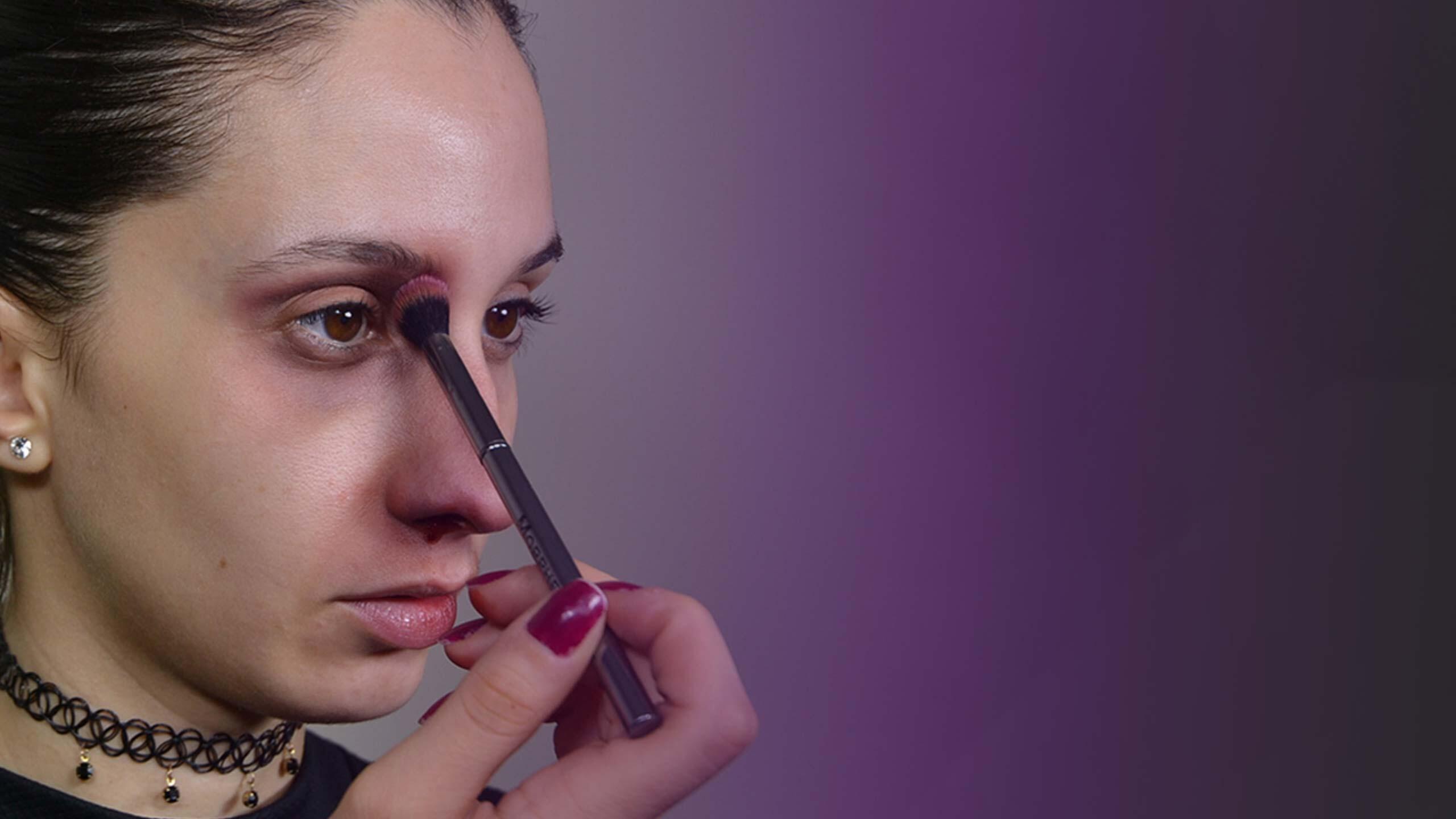
9
“I tell my friends that getting married early will deprive them of their childhood.”
Raneem Abras, a 16-year-old Syrian refugee in Jordan, is a vocal opponent of child marriage. “I wish I could go around educating everyone I know.”
© UNFPA Lebanon/Sima Diab
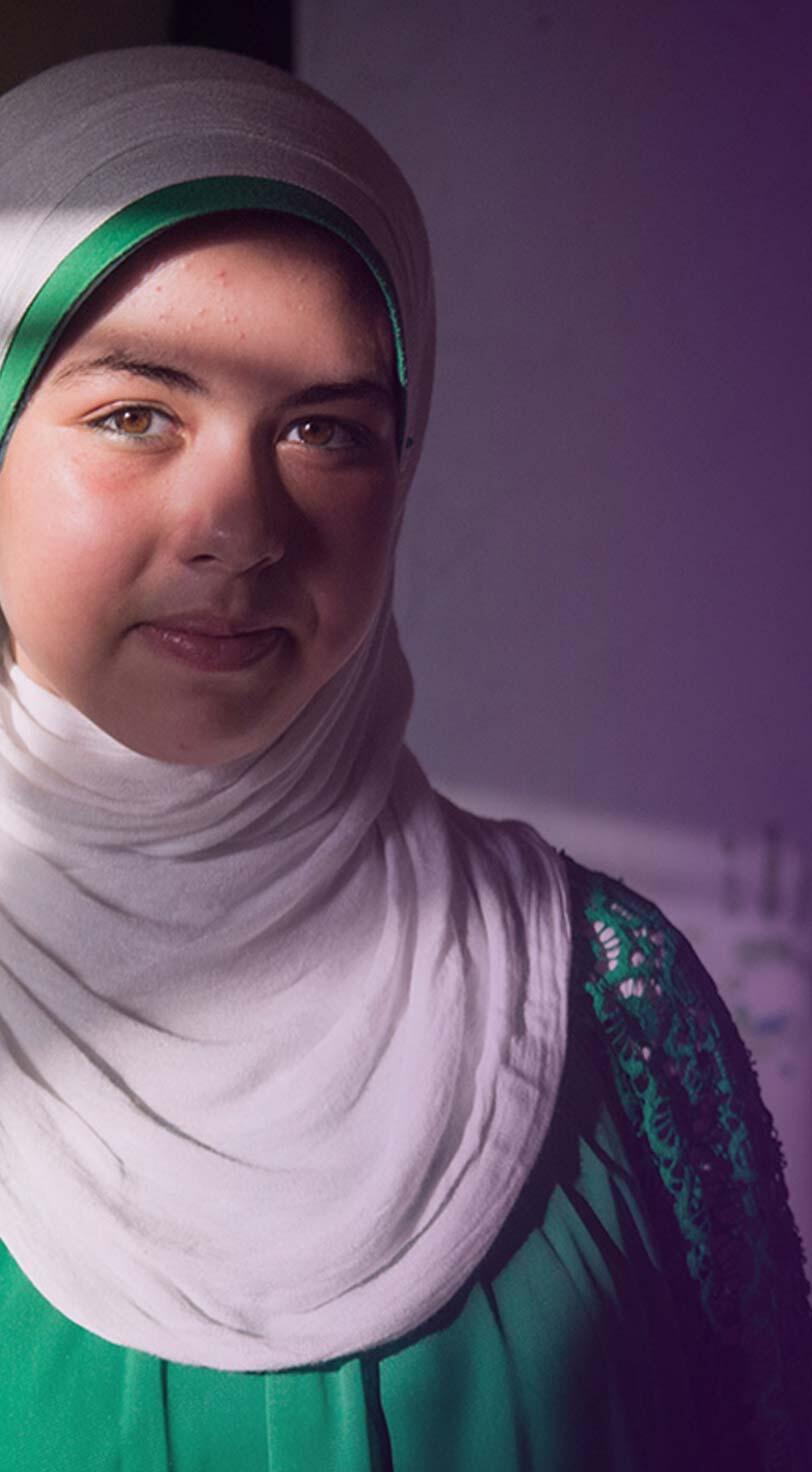
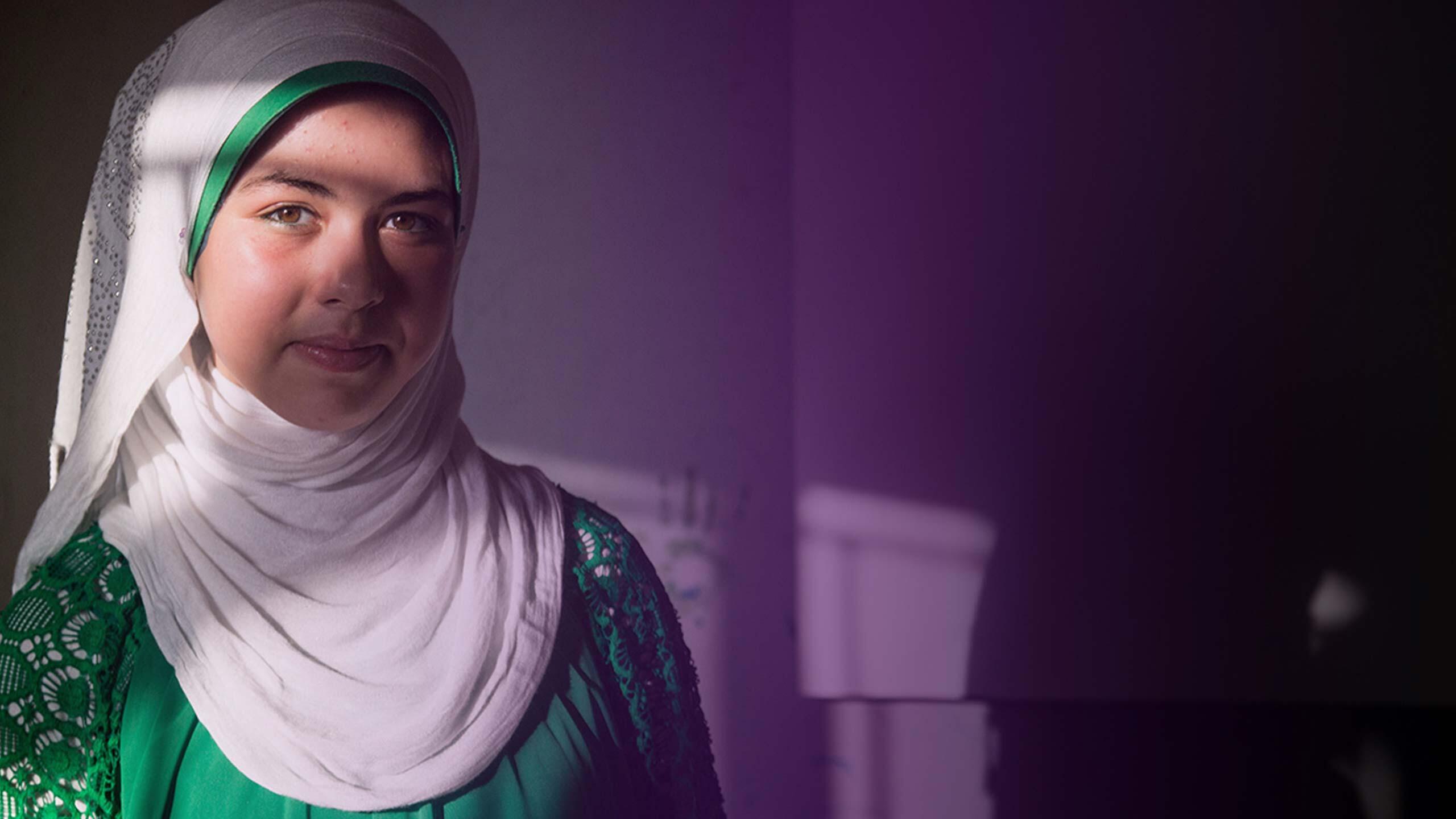
10
“We need skill-building training and loans for women. That can help us to get relief from abusive relationships.”
Women in humanitarian settings are vulnerable to violence and exploitation, explained Shahida Khatun. In her flood-affected area of Bangladesh, she received a UNFPA dignity kit containing hygiene supplies and clothes, as well as a flashlight and whistle to help women move safely at night. But she also called for longer-lasting ways to empower women.
© UNFPA/Fathema Sultana
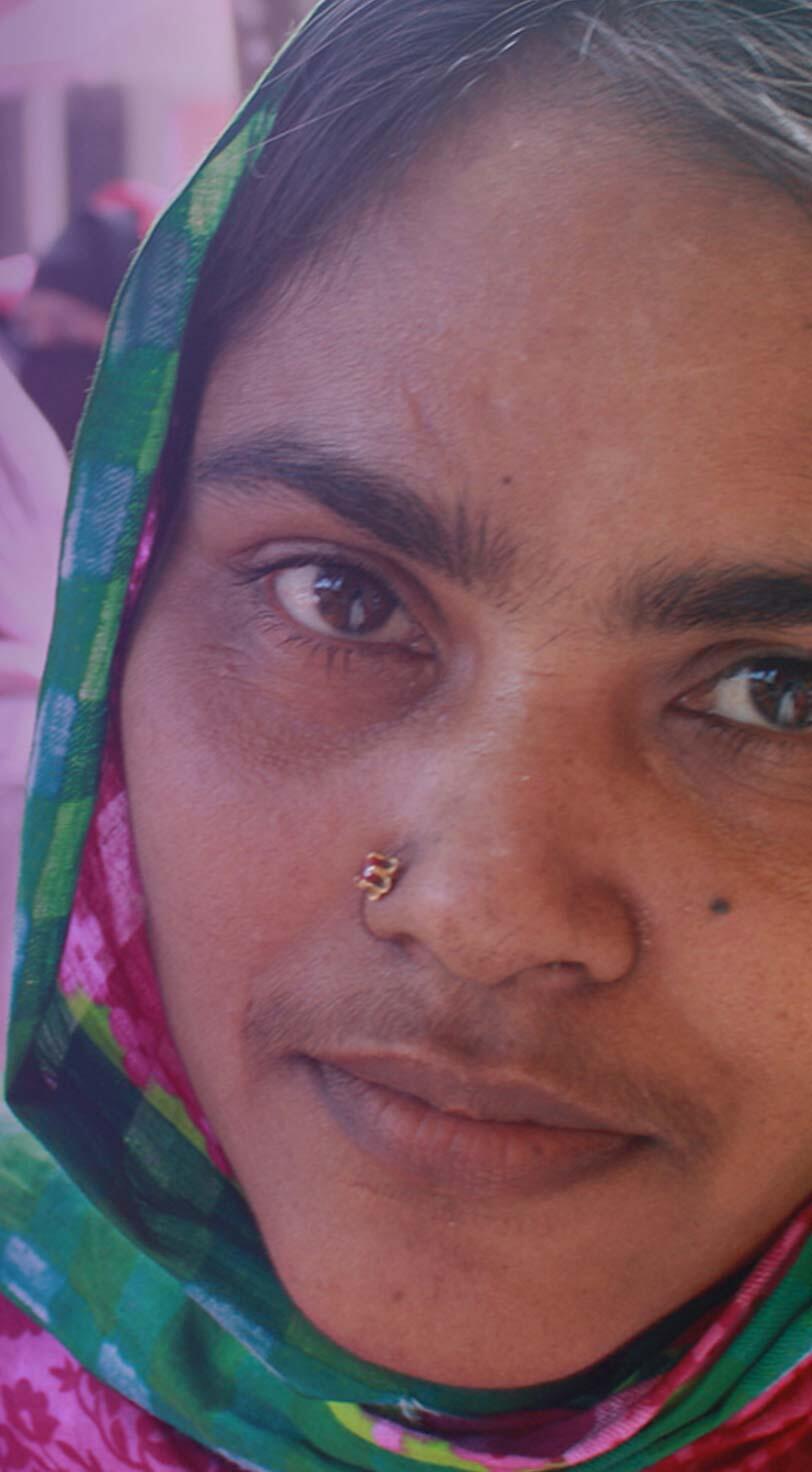
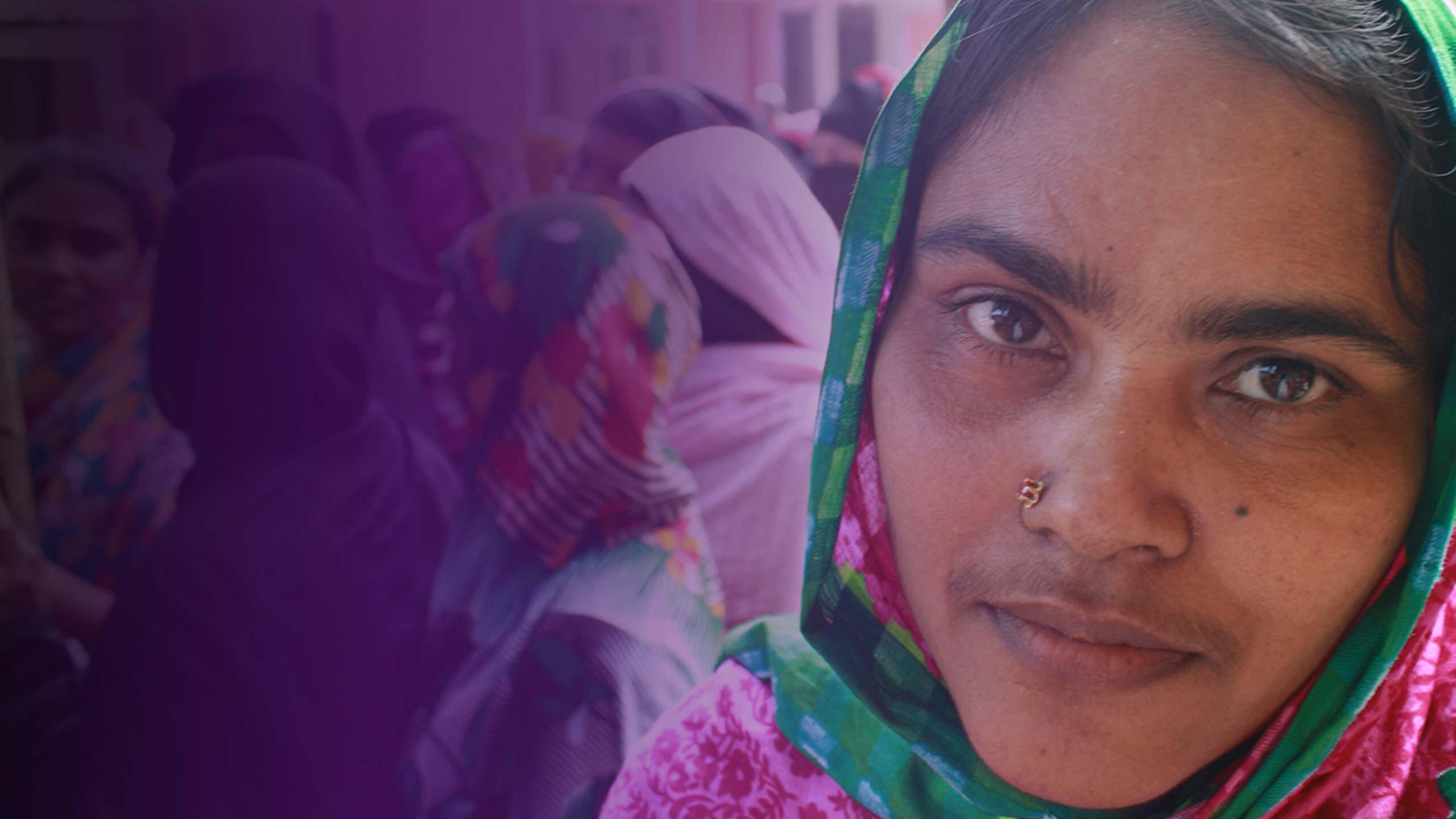
11
"We record cases of violence, provide initial psychological support, and offer referrals for clinical management and legal compensation.”
In Somalia, Muhubo Said works with police to help survivors of violence. This "community policing" programme helps survivors receive a full range of care, including medical treatment, counselling, legal services and other support.
© UNFPA Somalia
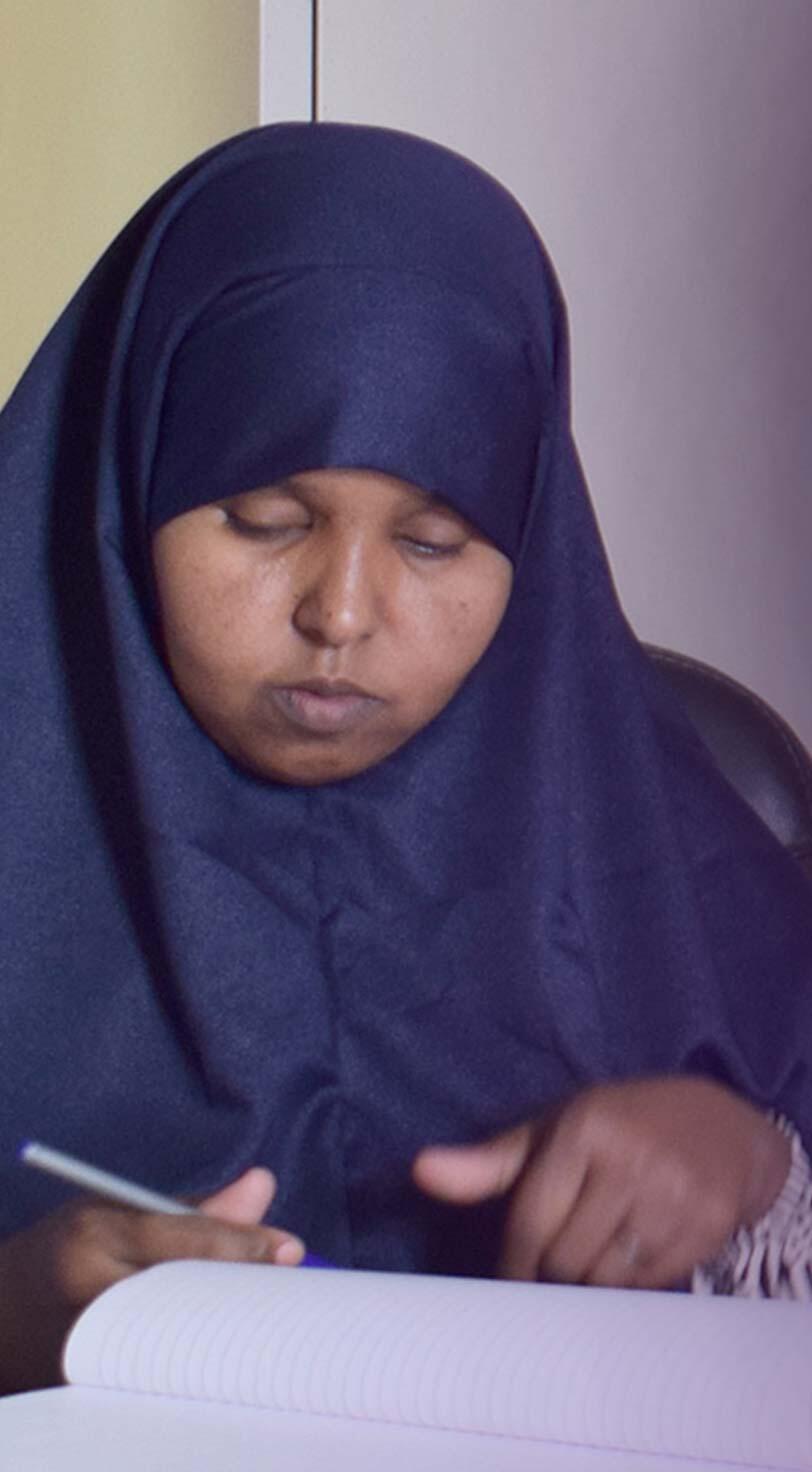
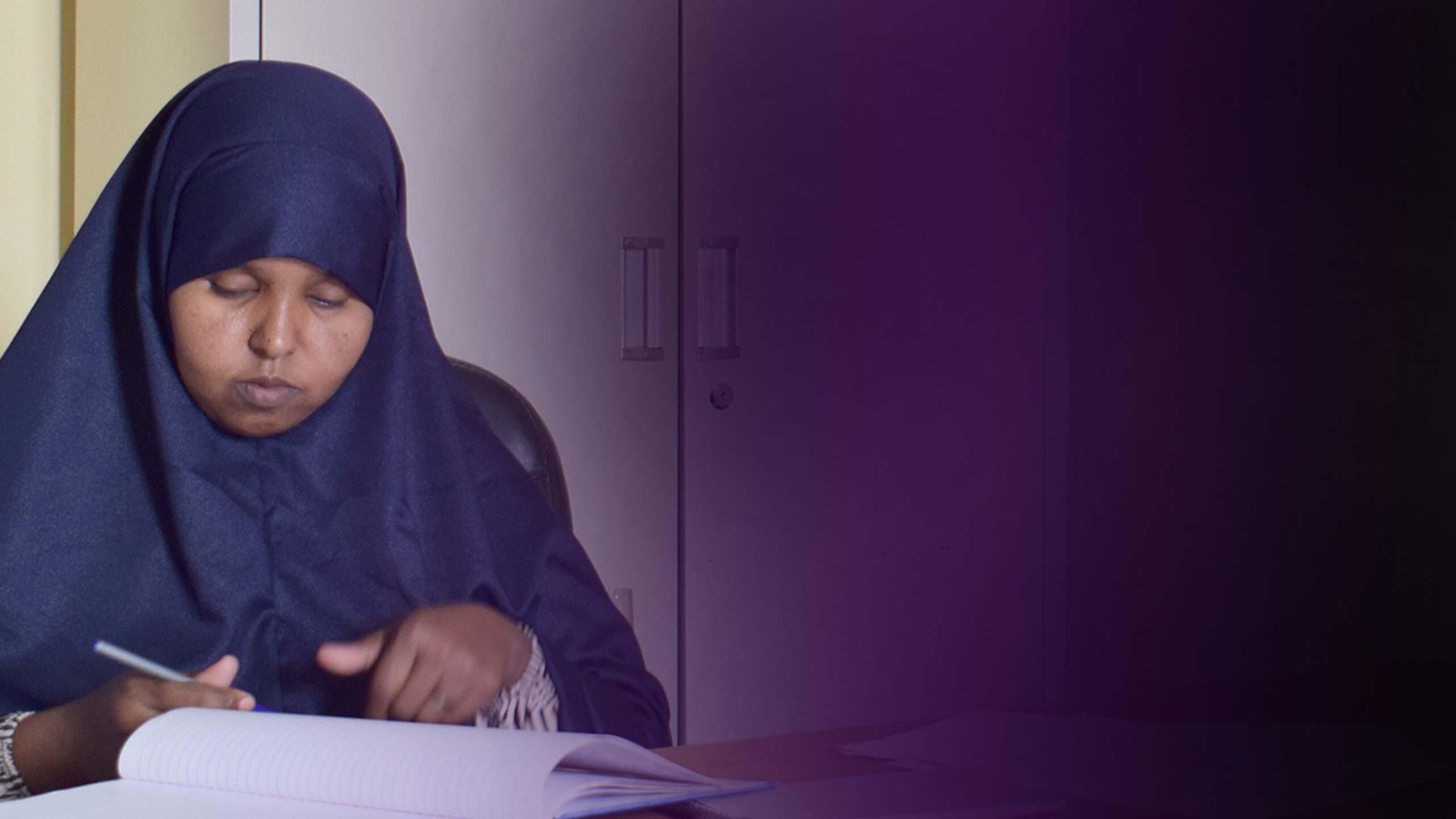
12
“As communal judges, we are protecting women and enforcing the law.”
Gregorio Pineda upholds laws against domestic violence in a remote corner of Nicaragua, where the justice system is otherwise inaccessible. “Now women are empowered because they have their rights and they know them well. This is the first step towards justice."
© UNFPA/Oscar Duarte
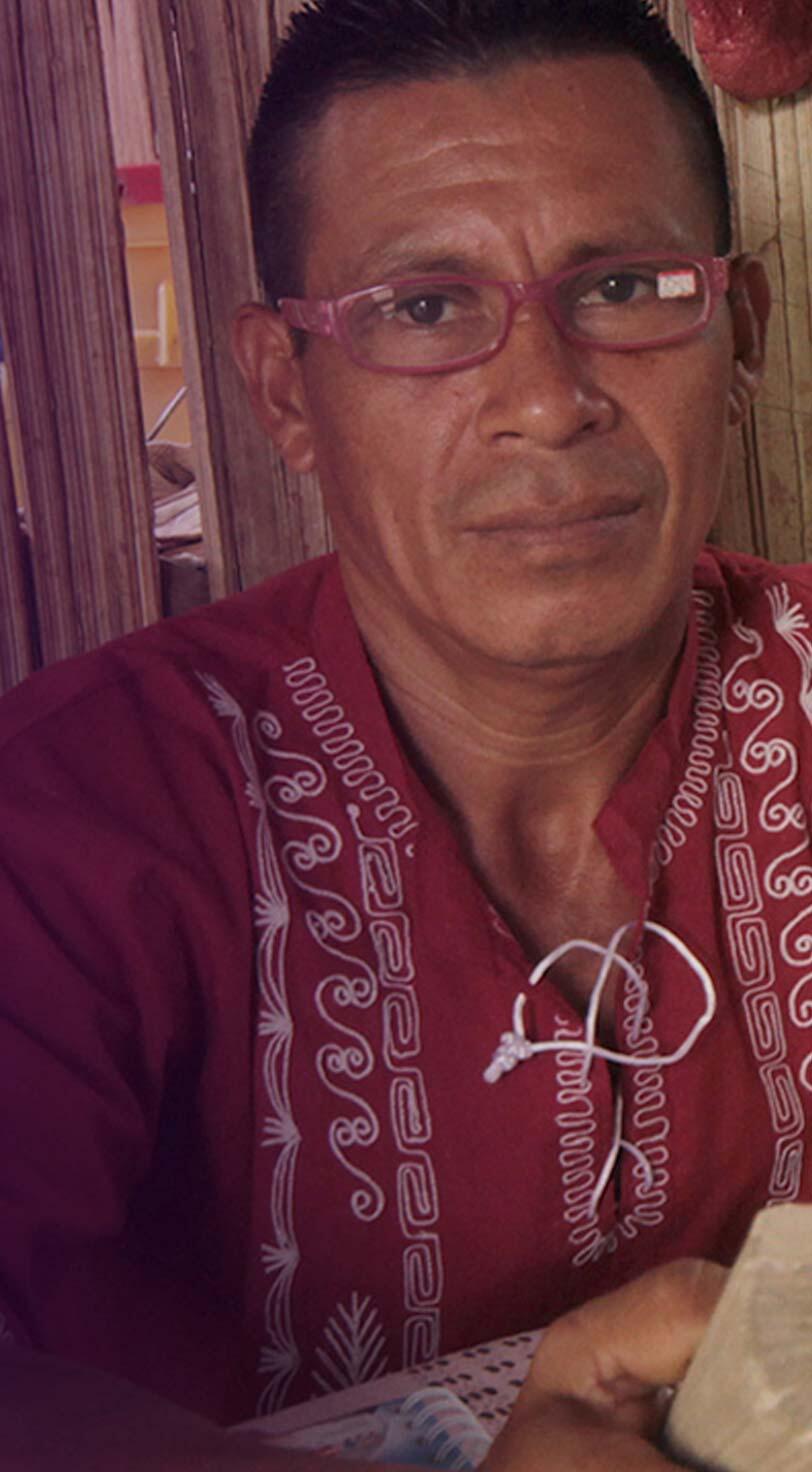
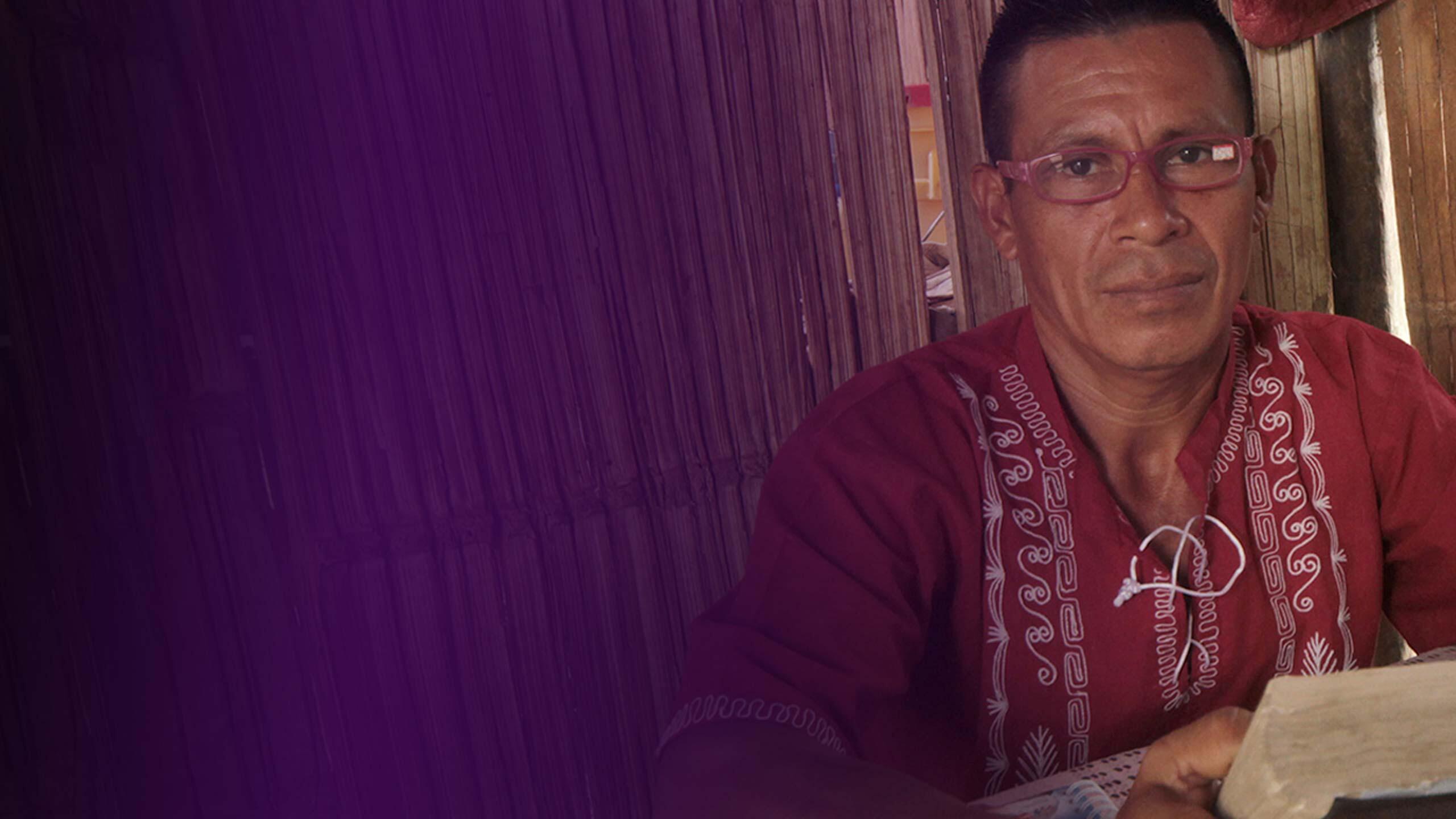
13
“It is important for women and girls to take the initiative, claim their rights and become activists who will fuel the power of change.”
Marijana Savic is the director of Atina, a Serbian organization that assists survivors of human trafficking and gender-based violence. UNFPA supports Atina’s mobile outreach teams, workshops for refugees and other services.
Courtesy of NGO Atina
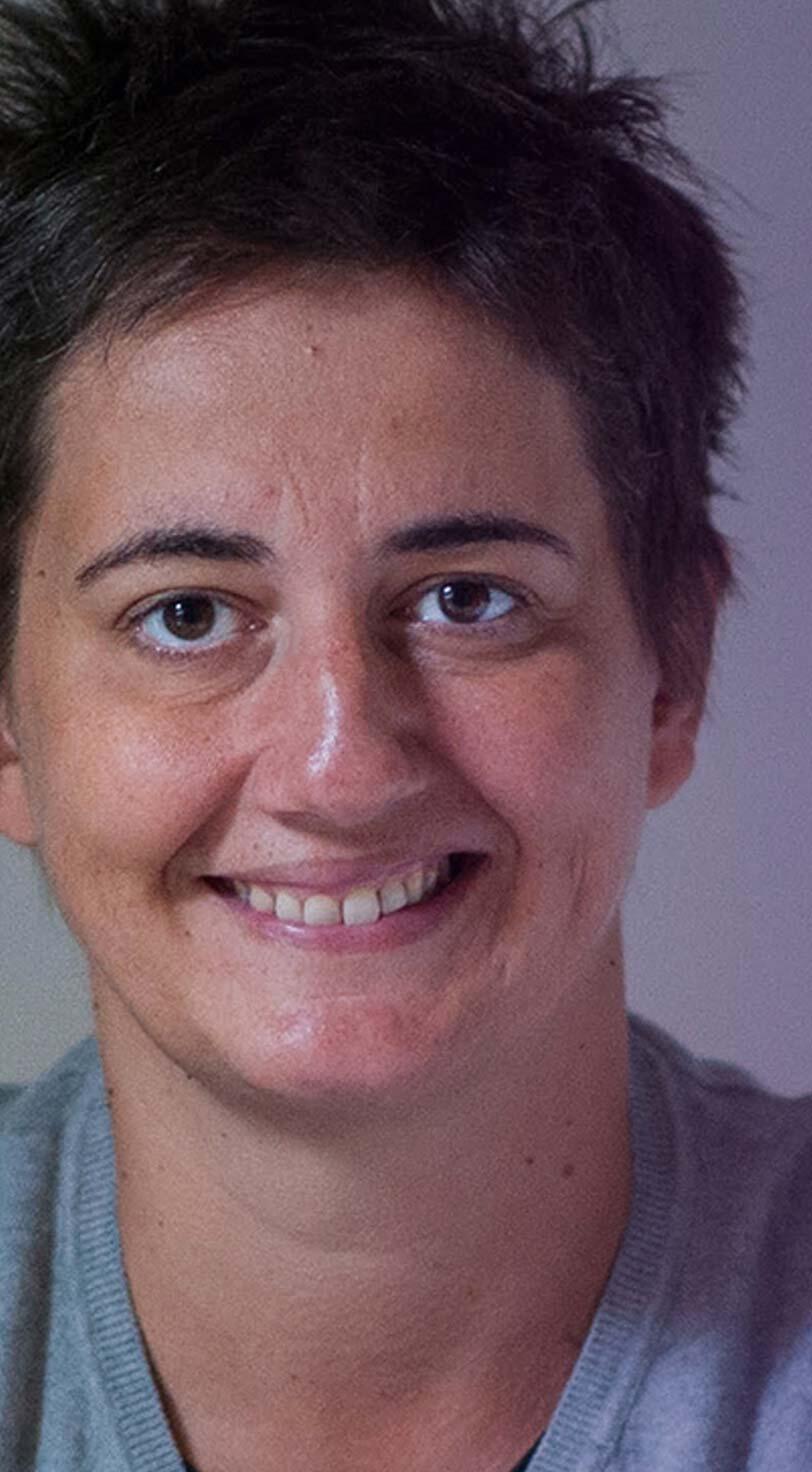
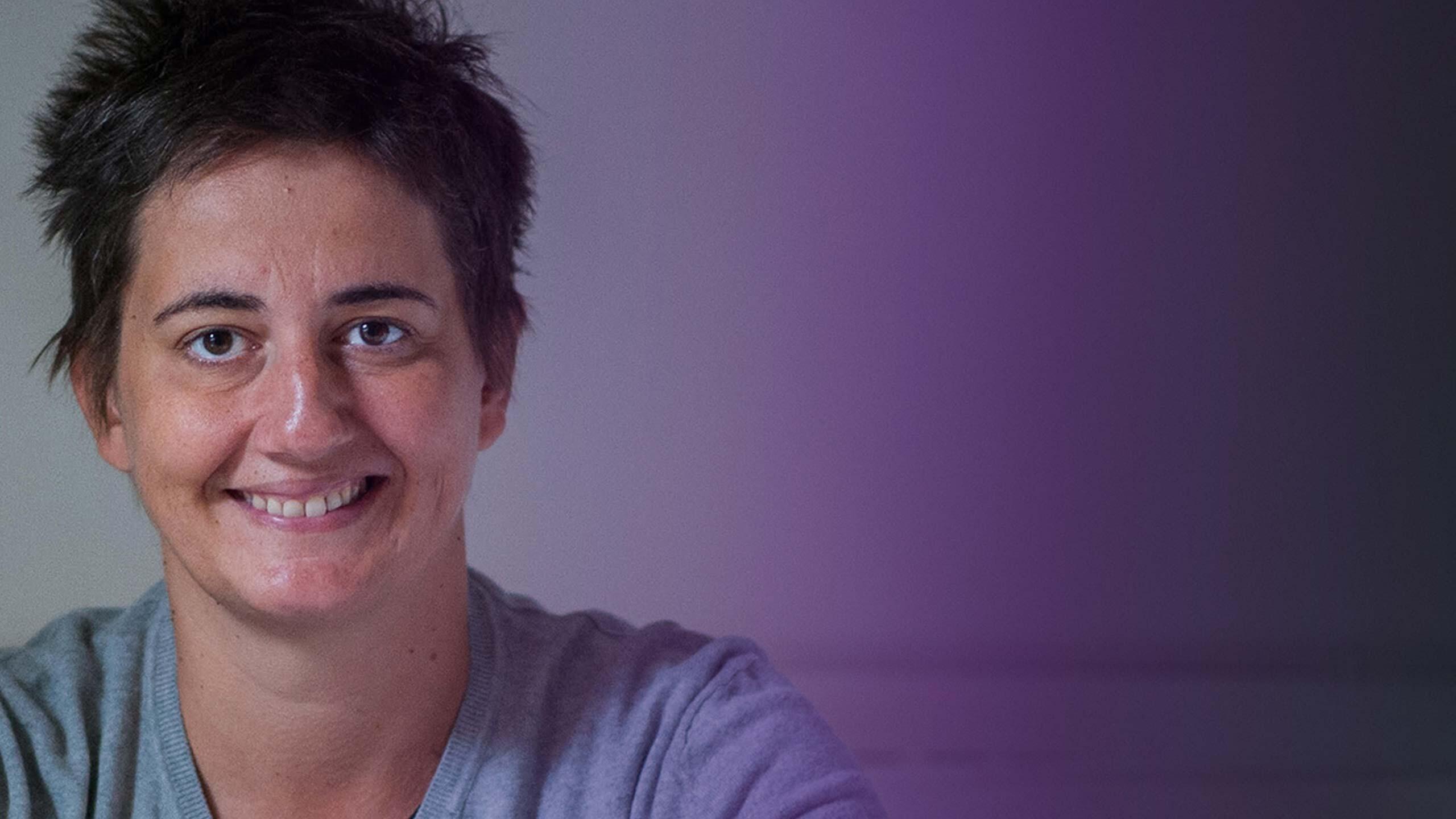
14
“First of all, women should be respected.”
Manamati Nepali leads the Adolescent Girls’ Circle in Baitadi District, Nepal. The group works with the Women’s and Children’s Office and UNFPA to end gender-based violence and harmful practices like child marriage.
© UNFPA/Santosh Chhetri


15
“What is important today is to get an education.”
Marcelle, 20, is an elite athlete who represented her country, Congo, at the All African Games last year. She and other athletes called for upholding the rights of girls, including their right to an education, which reduces their vulnerability to abuse and exploitation.
© UNFPA Congo
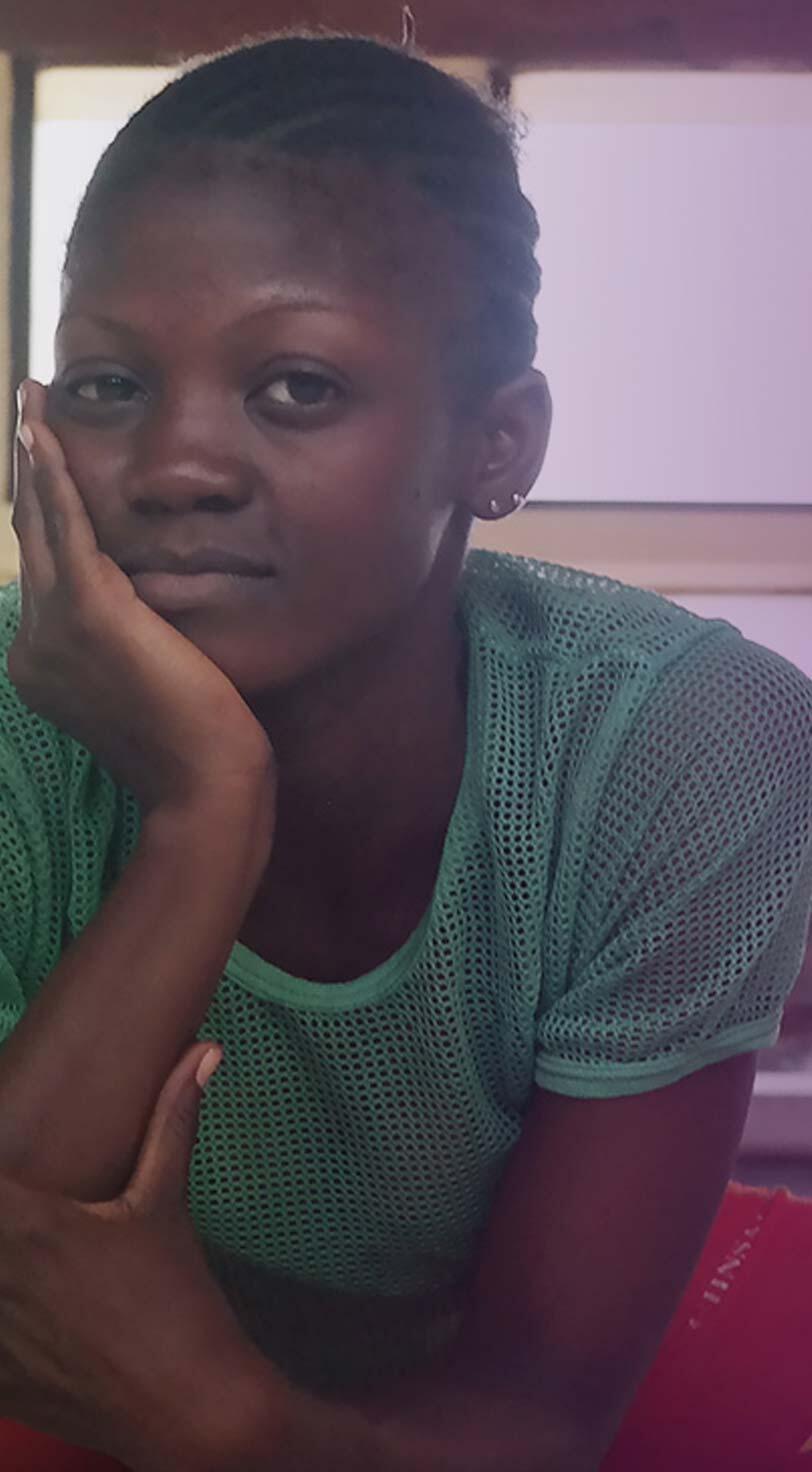
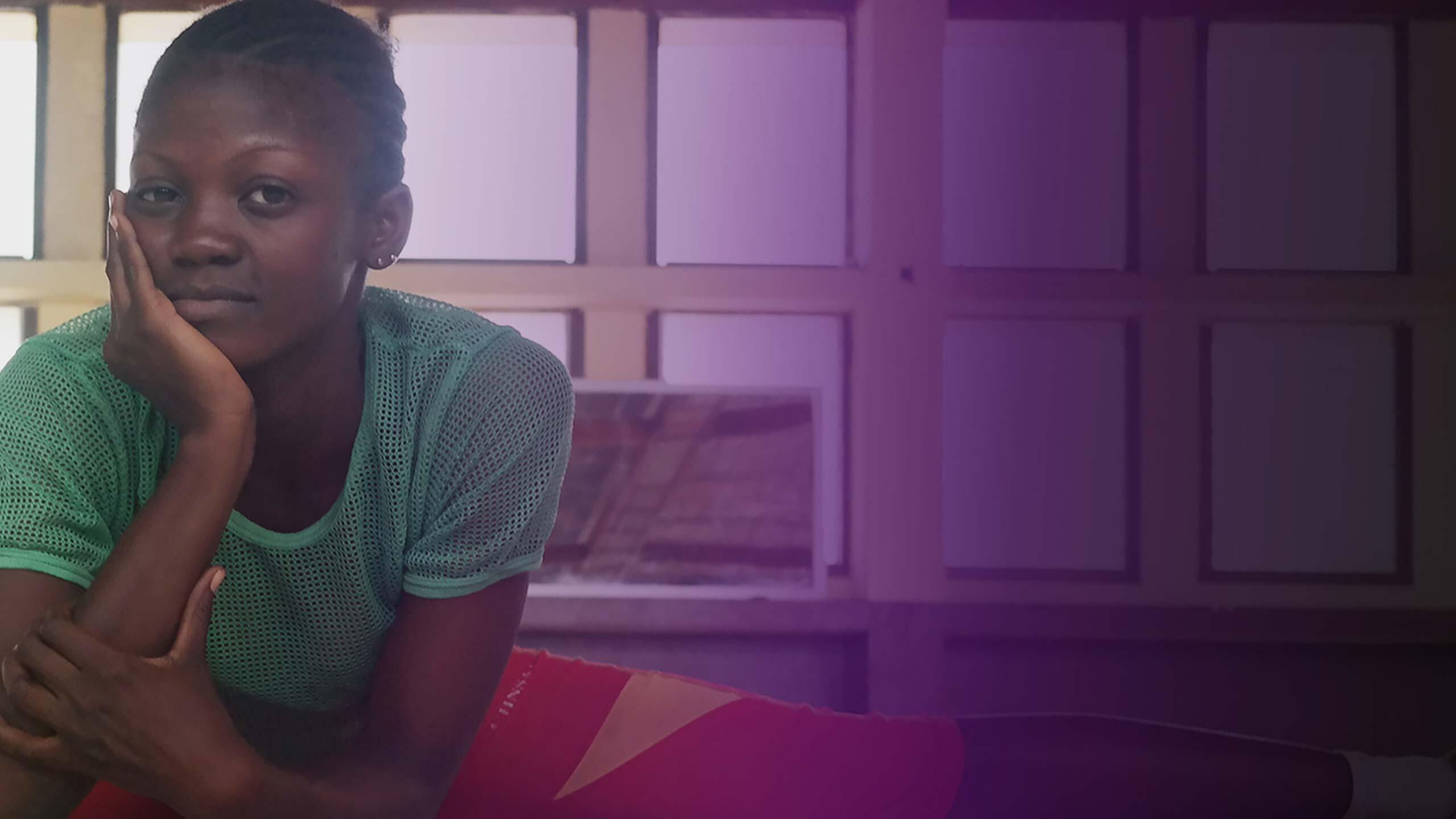
16
"If we never go out of the dark, we will never see the lights."
In Gambia, Madame Aja Babung Sidibeh spent years performing FGM on girls in her community. But five years ago, she abandoned the practice, and now she is a staunch supporter of all forms of gender equality.
© UNFPA/Kasandi Mulaa

